
How Often Should I Change The Strings on My Guitar? The Ultimate Guide on How Often You Should Change Guitar Strings!
1. **Factors Influencing String Longevity:**
- Before establishing a fixed timeline, it's crucial to understand the factors that impact the lifespan of guitar strings. Elements such as playing frequency, playing style, humidity levels, and the guitarist's body chemistry all play a role in determining when it's time for a change.
2. **The Golden Rule: Frequency of Play:**
- As a general rule of thumb, regular players who pick up their guitar daily or engage in extended practice sessions may need to change strings more frequently. On the other hand, occasional players may find their strings last longer.
3. **Playing Style Matters:**
- Aggressive playing styles, characterized by heavy strumming or intense bending, can wear down strings faster. If you're an avid shredder or favor a more energetic playing approach, you might notice a decline in tone and responsiveness sooner.
4. **Environmental Factors:**
- Humidity levels can affect the lifespan of your guitar strings. High humidity may lead to corrosion, while low humidity can cause strings to become brittle. Regularly inspect your strings and consider changing them if you notice signs of rust or wear.
5. **Body Chemistry and String Wear:**
- The natural oils and acidity in your skin can contribute to string corrosion. Players with more acidic body chemistry might find that their strings lose brightness and tone faster. Wiping down your strings after playing can help prolong their life.
6. **Signs it's Time for a Change:**
- Look out for signs that indicate it's time to change your guitar strings. These may include a loss of brightness, reduced sustain, tuning instability, or visible signs of corrosion. Trust your ears and your fingers; if something feels off, it might be time for a string change.
7. **Establishing a Routine:**
- While there is no one-size-fits-all answer to the question of how often to change guitar strings, establishing a routine based on your playing habits and environmental conditions can help maintain consistent tone and playability.
Conclusion:
Ultimately, the frequency with which you should change your guitar strings depends on a variety of factors unique to you and your instrument. Regular maintenance, including wiping down your strings after playing and inspecting them for signs of wear, will help you stay in tune with the condition of your strings.
Incorporate these tips into your guitar care routine to ensure your strings deliver the sweet sounds you desire. By staying attuned to your playing style, environmental conditions, and the signs your strings exhibit, you'll find the perfect balance for changing your guitar strings and unlocking the full potential of your instrument.





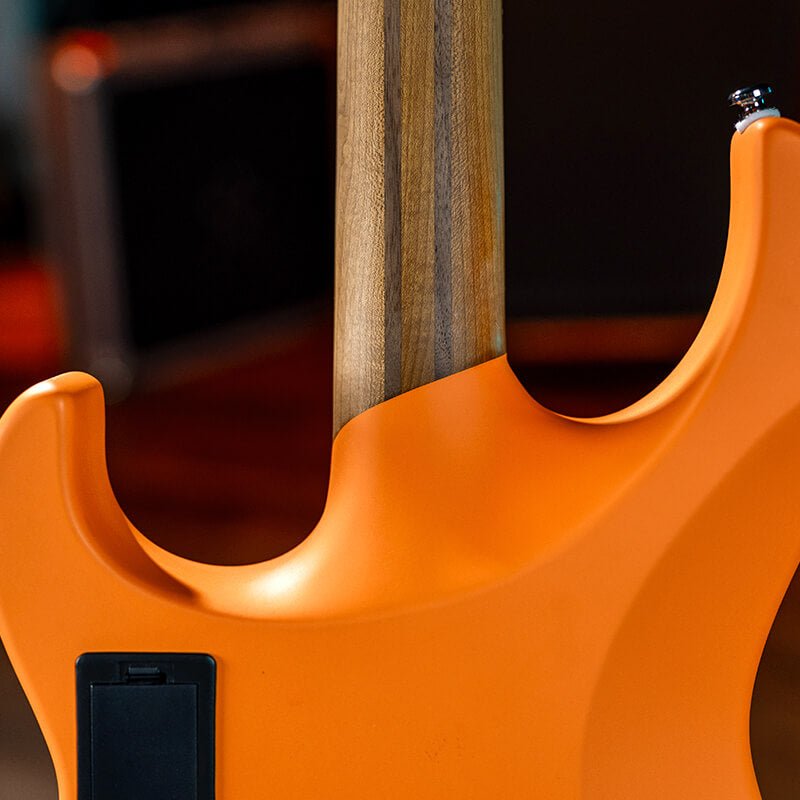
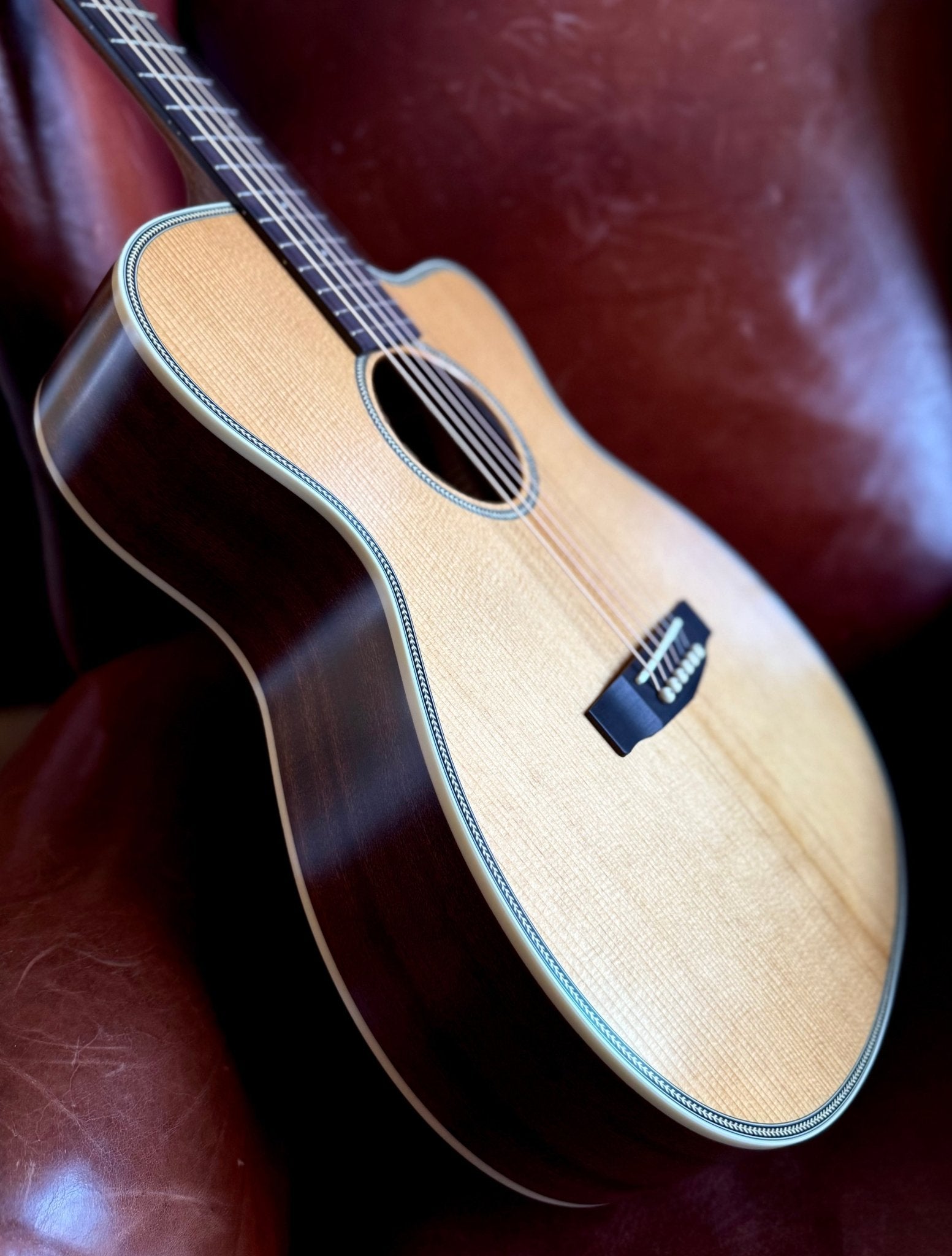
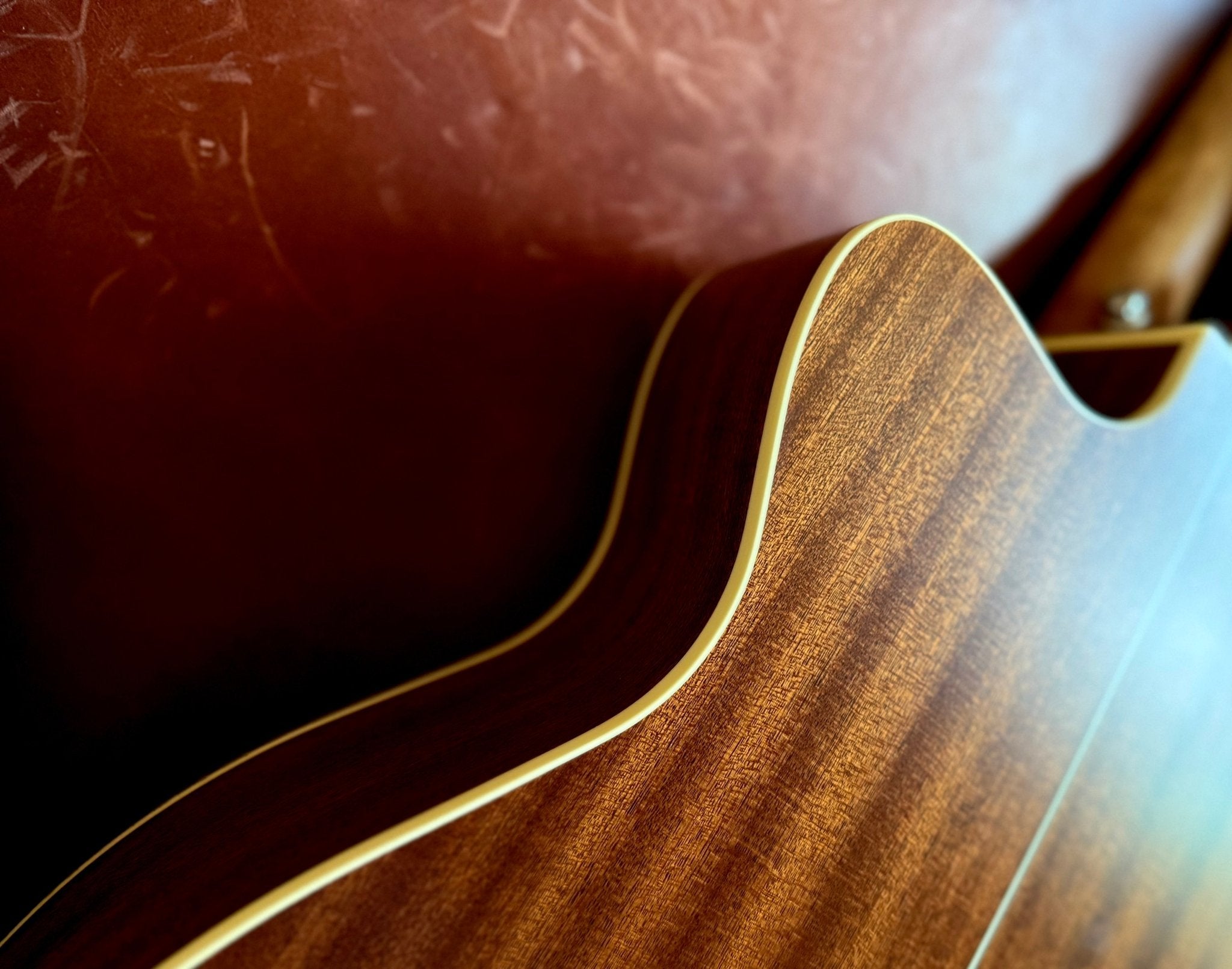
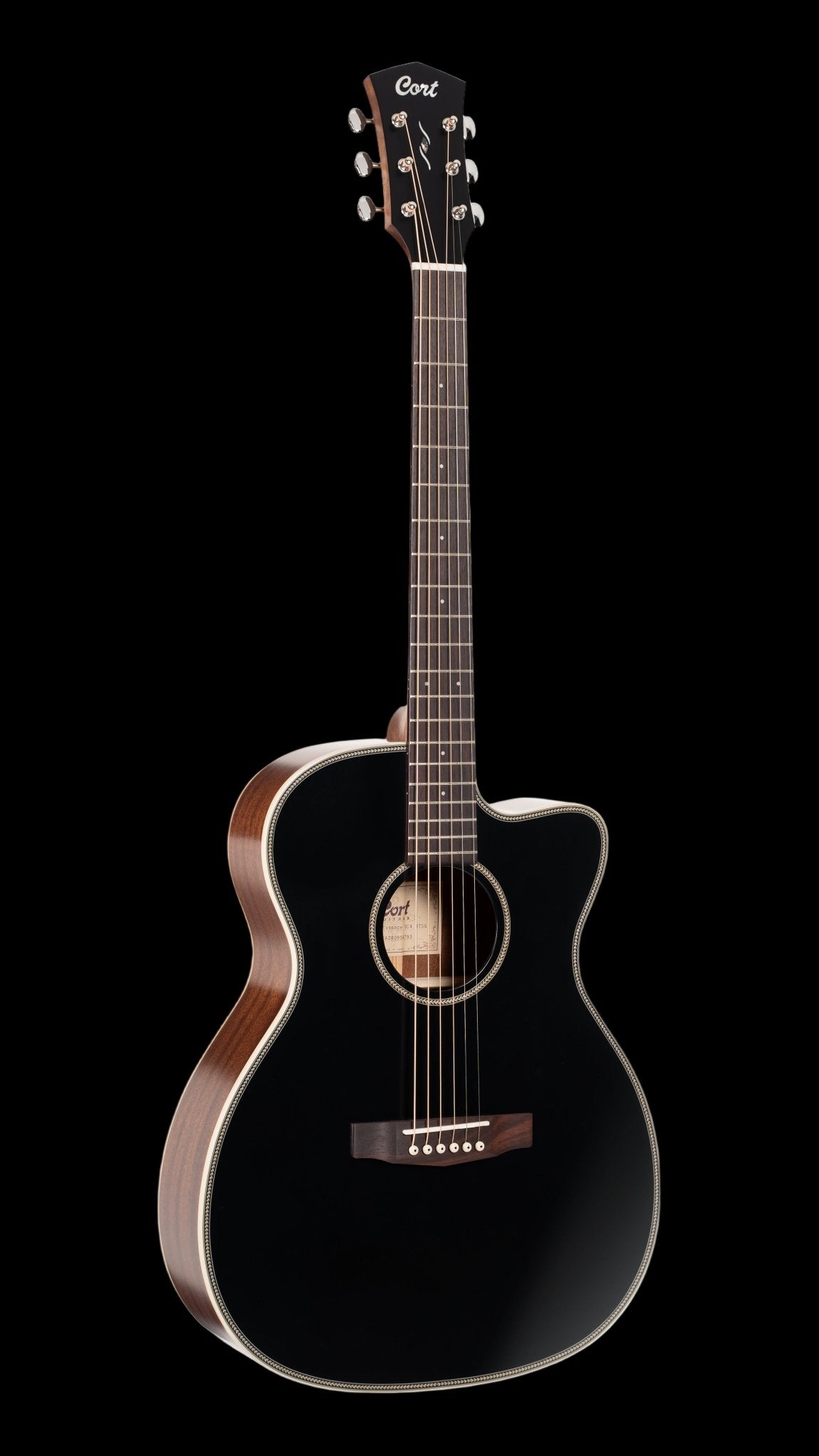
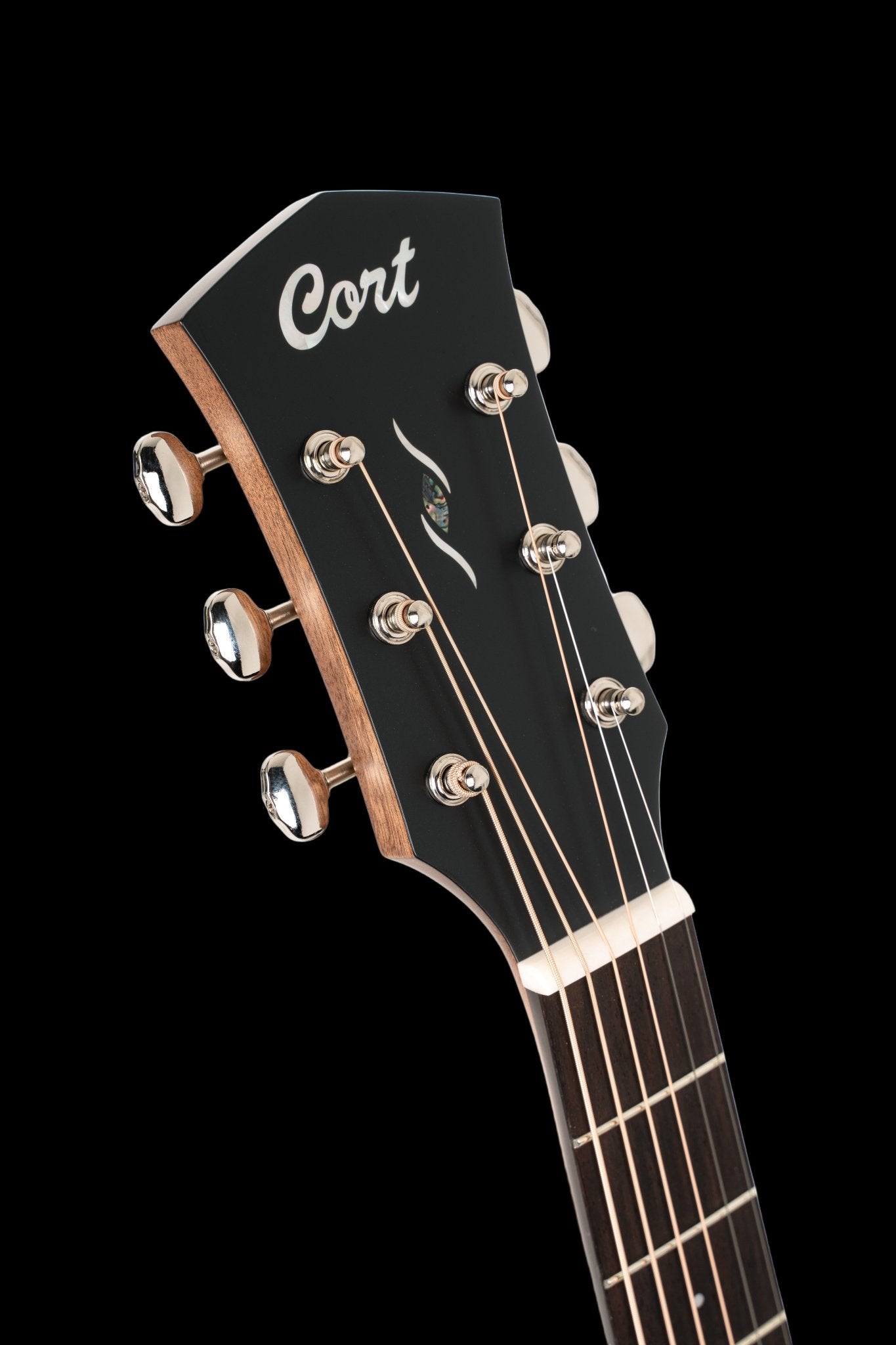

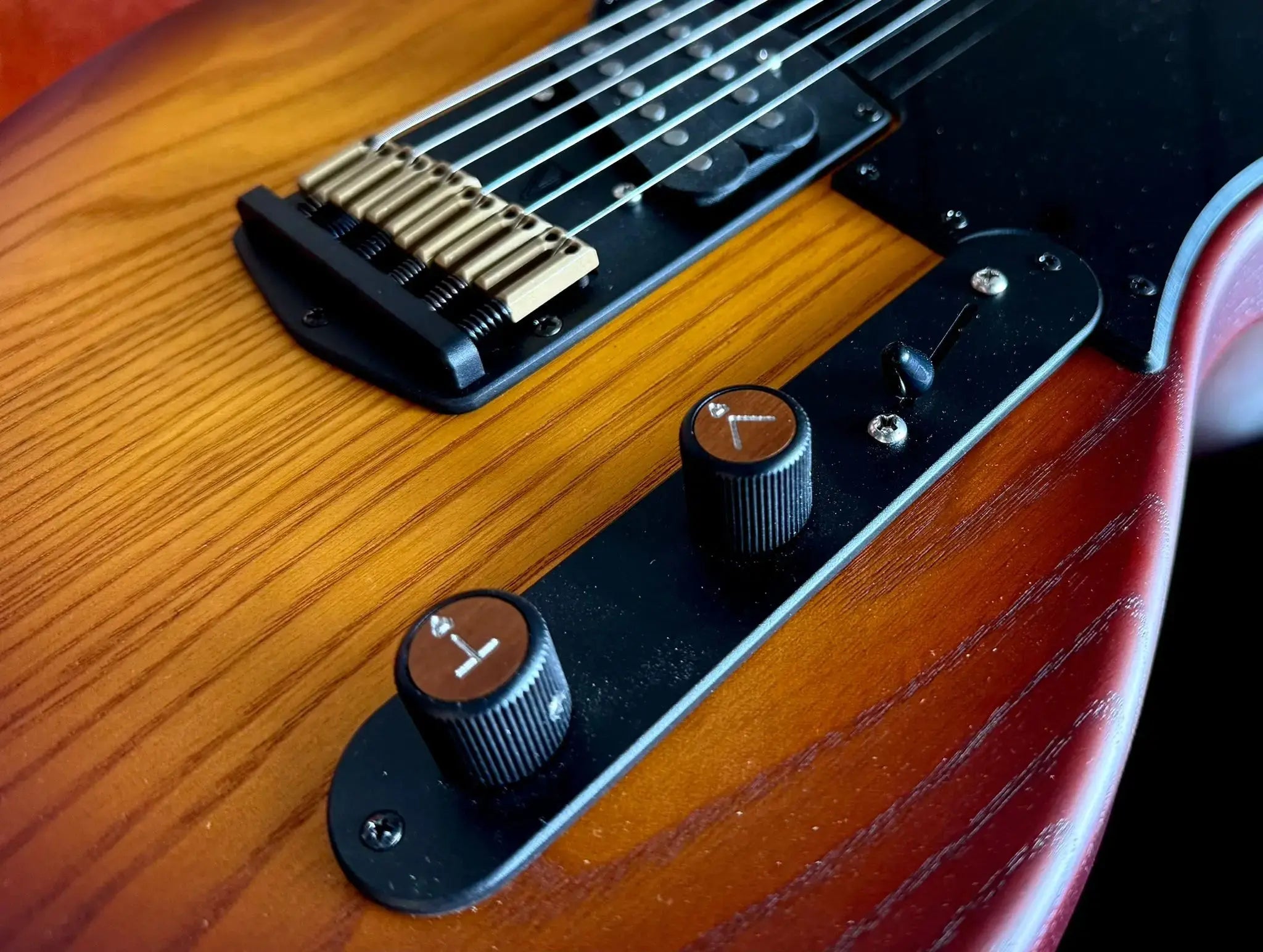

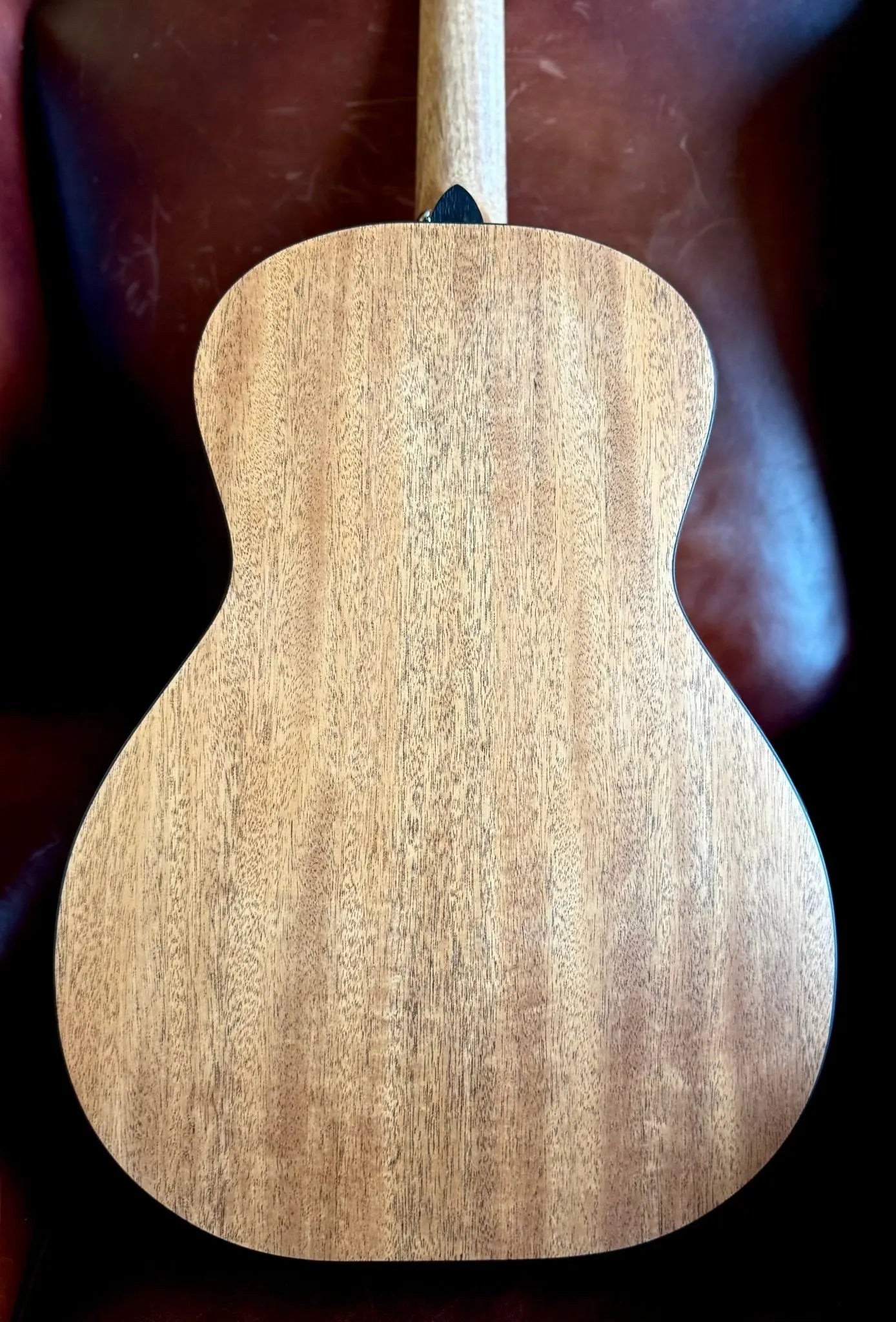




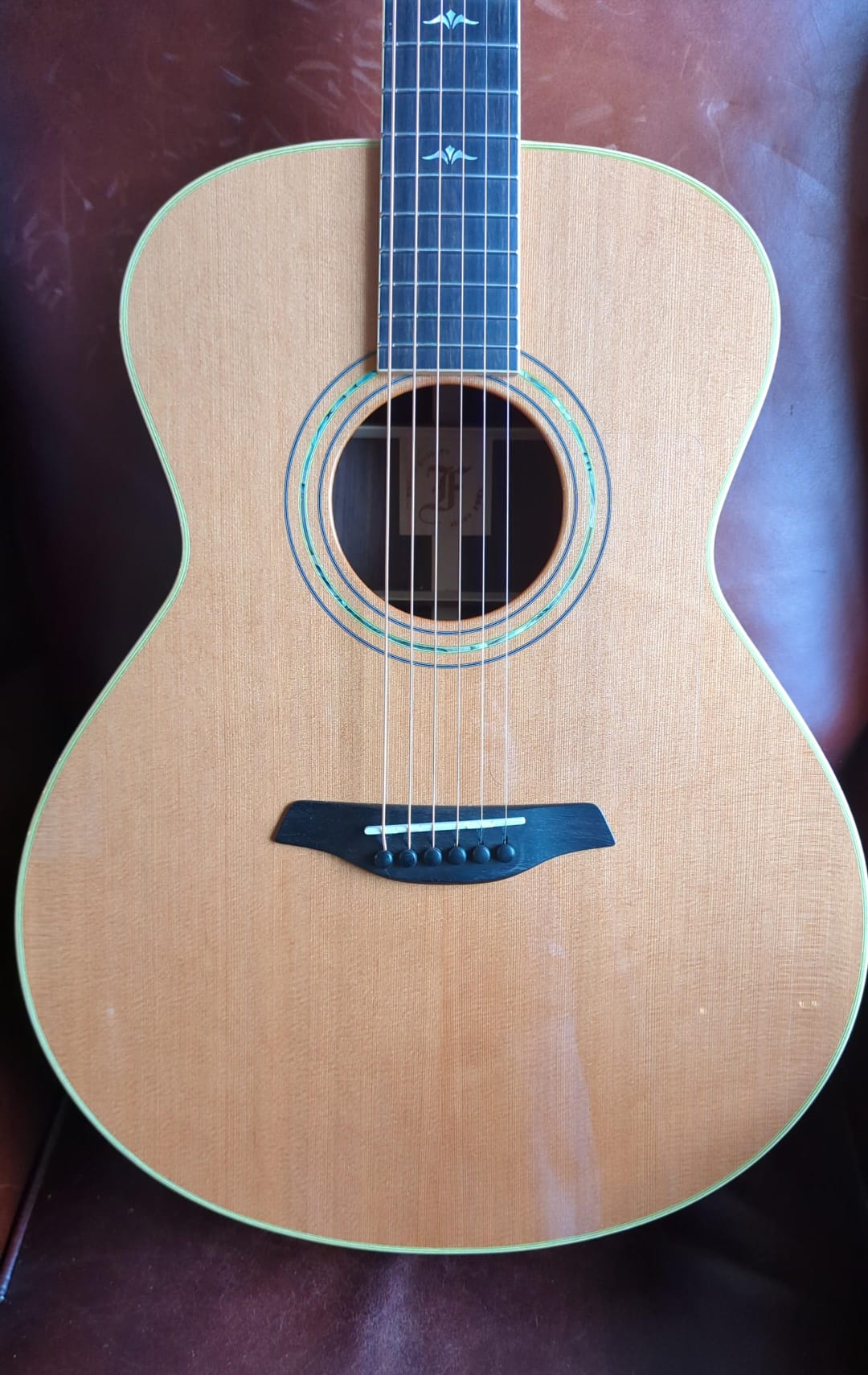
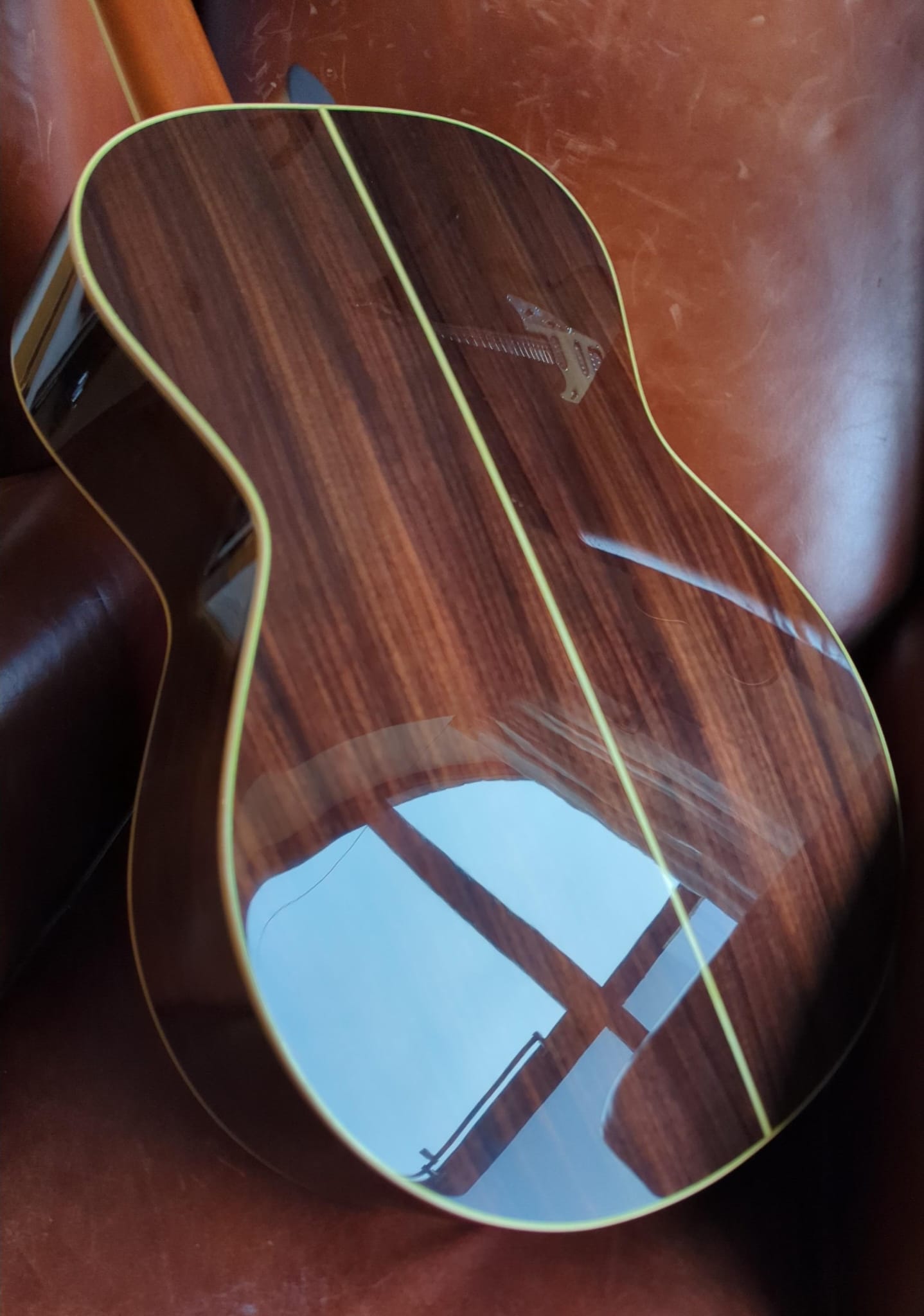
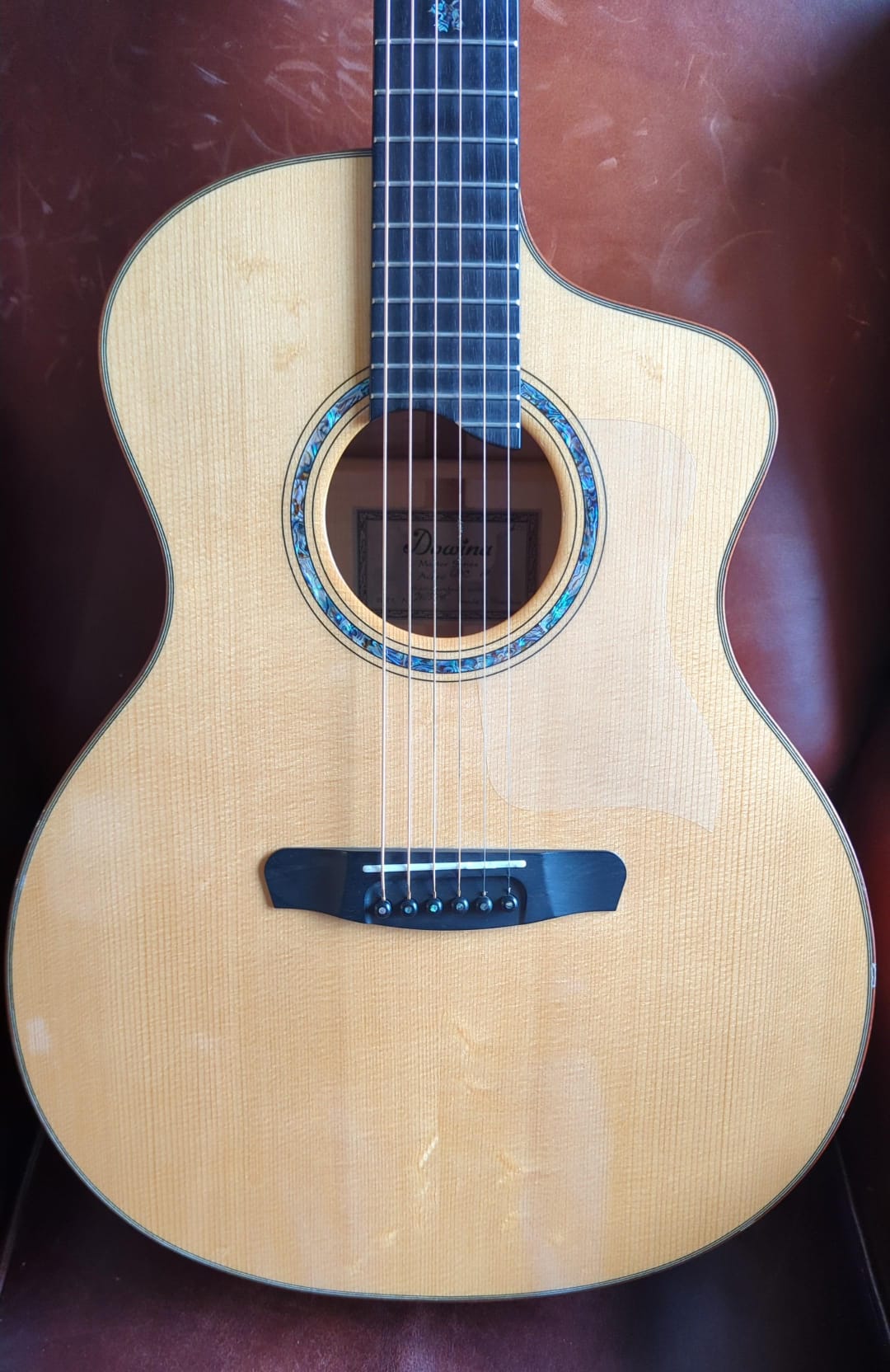
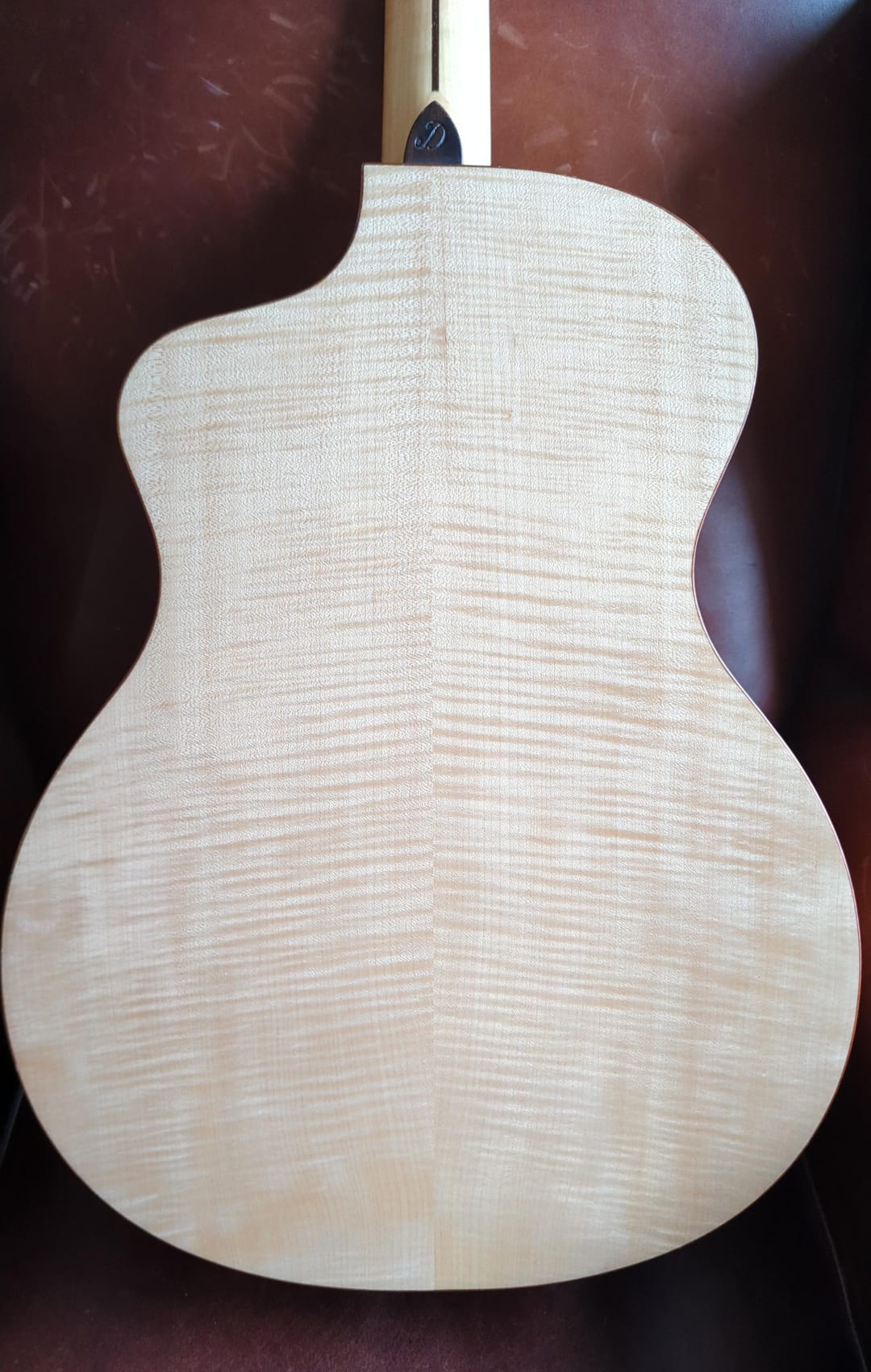
![Gordon Smith GS2 Deluxe Export 2019 [used] A1 Condition - Richards Guitars Of Stratford Upon Avon](http://rguitars.co.uk/cdn/shop/files/gordon-smith-gs2-deluxe-export-2019-used-a1-condition-4323398.jpg?v=1766153718&width=1072)
![Gordon Smith GS2 Deluxe Export 2019 [used] A1 Condition - Richards Guitars Of Stratford Upon Avon](http://rguitars.co.uk/cdn/shop/files/gordon-smith-gs2-deluxe-export-2019-used-a1-condition-9502671.jpg?v=1766153718&width=899)


![G&L USA Made ASAT - late 80s/early 90s [Used] - Richards Guitars Of Stratford Upon Avon](http://rguitars.co.uk/cdn/shop/files/gl-usa-made-asat-late-80searly-90s-used-1091932.jpg?v=1761670676&width=1378)
![G&L USA Made ASAT - late 80s/early 90s [Used] - Richards Guitars Of Stratford Upon Avon](http://rguitars.co.uk/cdn/shop/files/gl-usa-made-asat-late-80searly-90s-used-7964817.jpg?v=1761670677&width=1828)
![Eastman AC630 - SB [Used] - Richards Guitars Of Stratford Upon Avon](http://rguitars.co.uk/cdn/shop/files/eastman-ac630-sb-used-5743157.jpg?v=1760421581&width=1080)
![Eastman AC630 - SB [Used] - Richards Guitars Of Stratford Upon Avon](http://rguitars.co.uk/cdn/shop/files/eastman-ac630-sb-used-2967411.jpg?v=1760421593&width=1569)
![Fender American Standard Telecaster 2012 - Natural [Used] guitar for sale uk](http://rguitars.co.uk/cdn/shop/files/fender-american-standard-telecaster-2012-natural-used-4379607.jpg?v=1760421498&width=1614)
![Fender American Standard Telecaster 2012 - Natural [Used] guitar for sale uk](http://rguitars.co.uk/cdn/shop/files/fender-american-standard-telecaster-2012-natural-used-1429240.jpg?v=1760421497&width=1512)
![Fender American Professional II Jazzmaster - Dark Night [Used] guitar for sale uk](http://rguitars.co.uk/cdn/shop/files/fender-american-professional-ii-jazzmaster-dark-night-used-6840250.jpg?v=1760421430&width=1602)
![Fender American Professional II Jazzmaster - Dark Night [Used] guitar for sale uk](http://rguitars.co.uk/cdn/shop/files/fender-american-professional-ii-jazzmaster-dark-night-used-4375294.jpg?v=1760421432&width=1476)
![Guild Brian May "Red Special" Limited Edition - early 90s - One of 1000 [Used] guitar for sale uk](http://rguitars.co.uk/cdn/shop/files/guild-brian-may-red-special-limited-edition-early-90s-one-of-1000-used-6139630.jpg?v=1760421357&width=1492)
![Guild Brian May "Red Special" Limited Edition - early 90s - One of 1000 [Used] guitar for sale uk](http://rguitars.co.uk/cdn/shop/files/guild-brian-may-red-special-limited-edition-early-90s-one-of-1000-used-9797150.jpg?v=1760421365&width=1644)
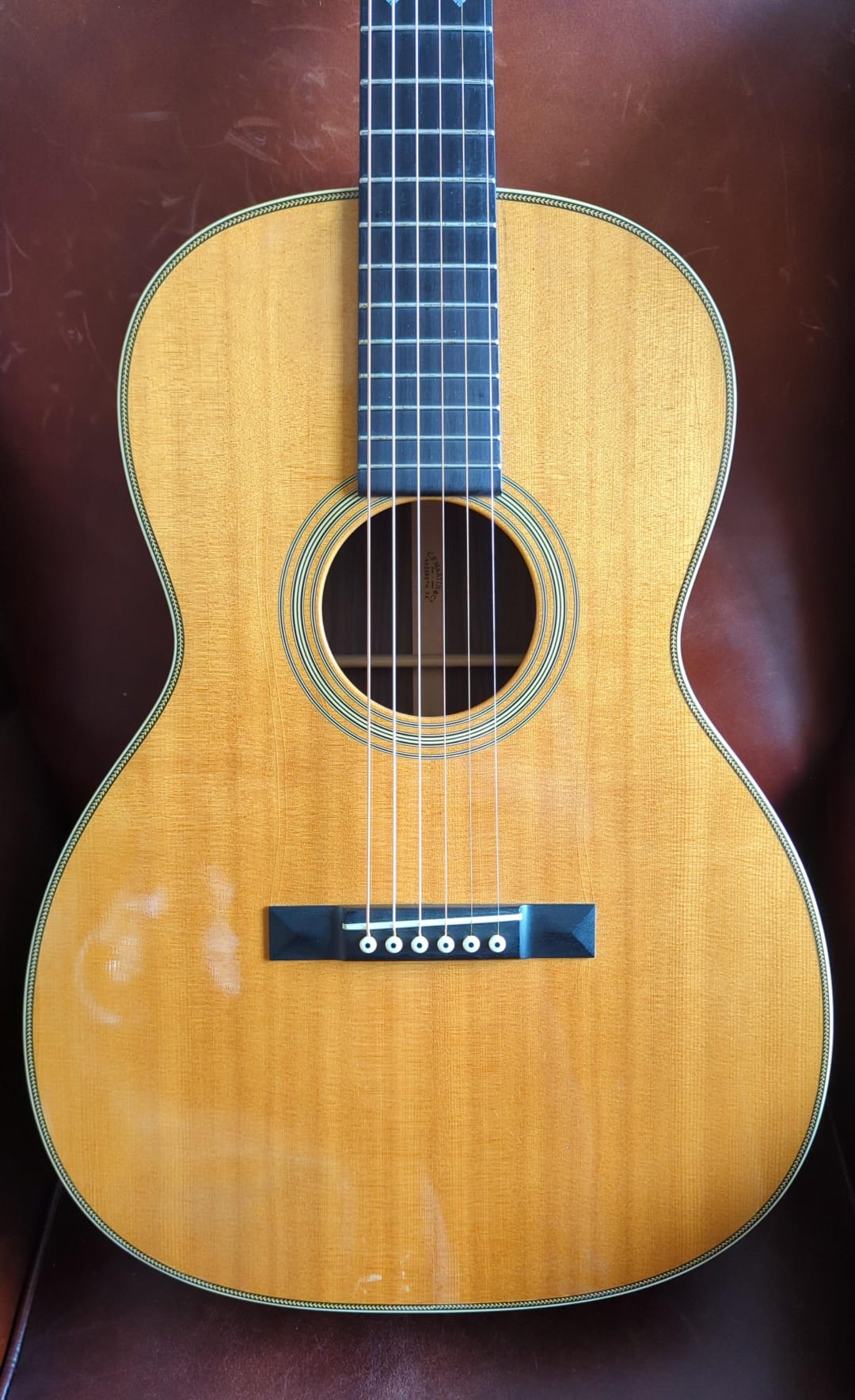
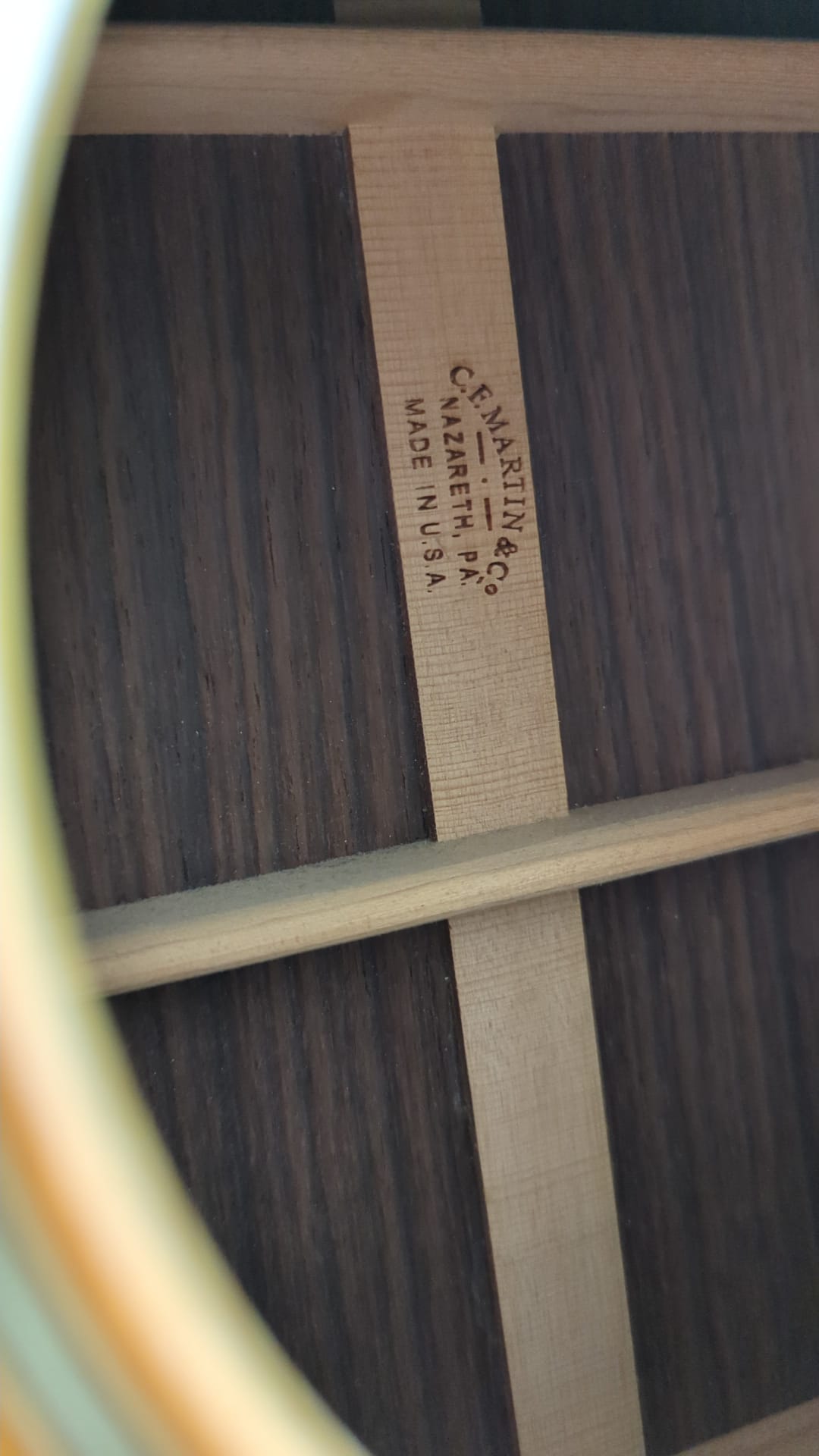
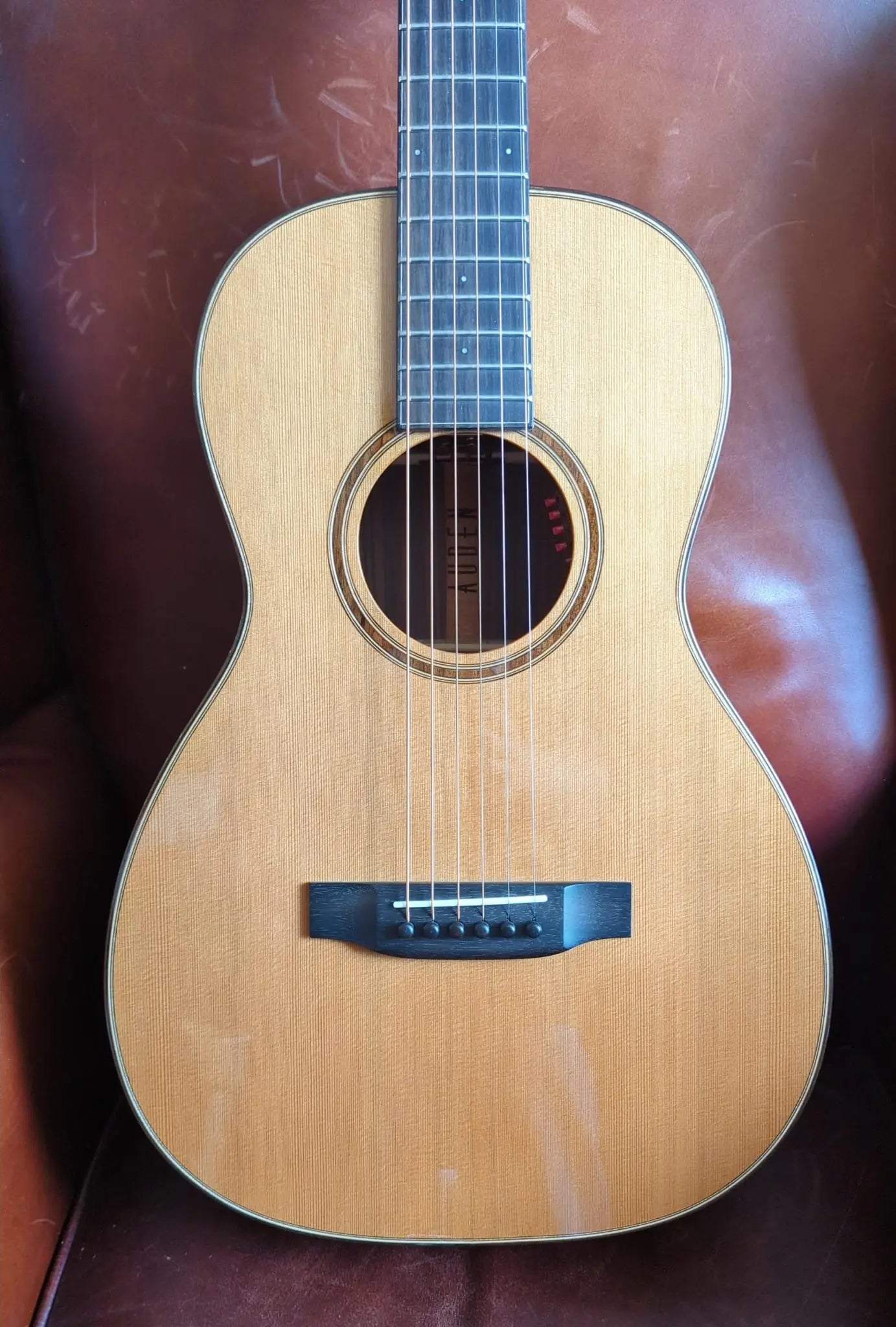
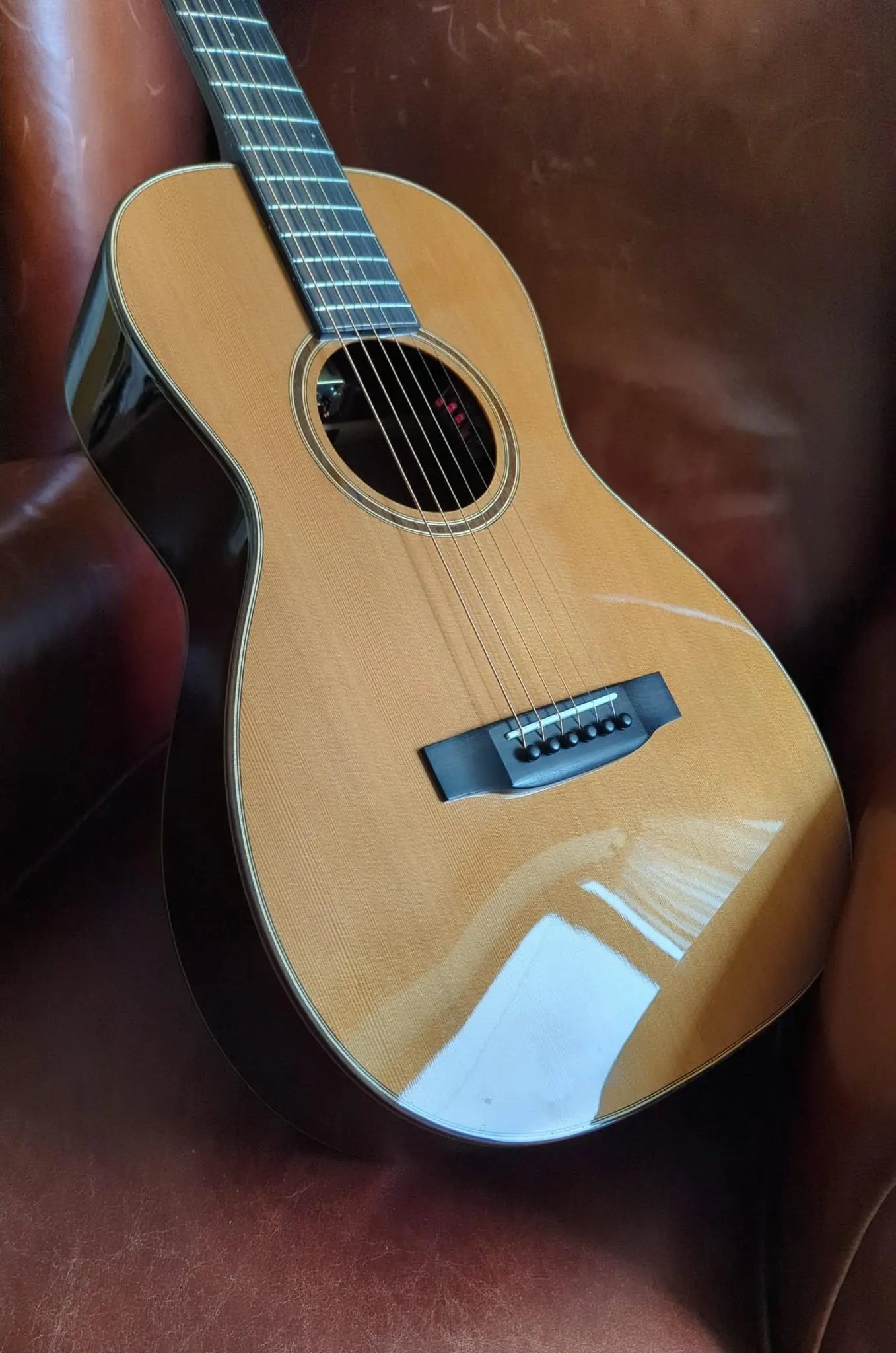
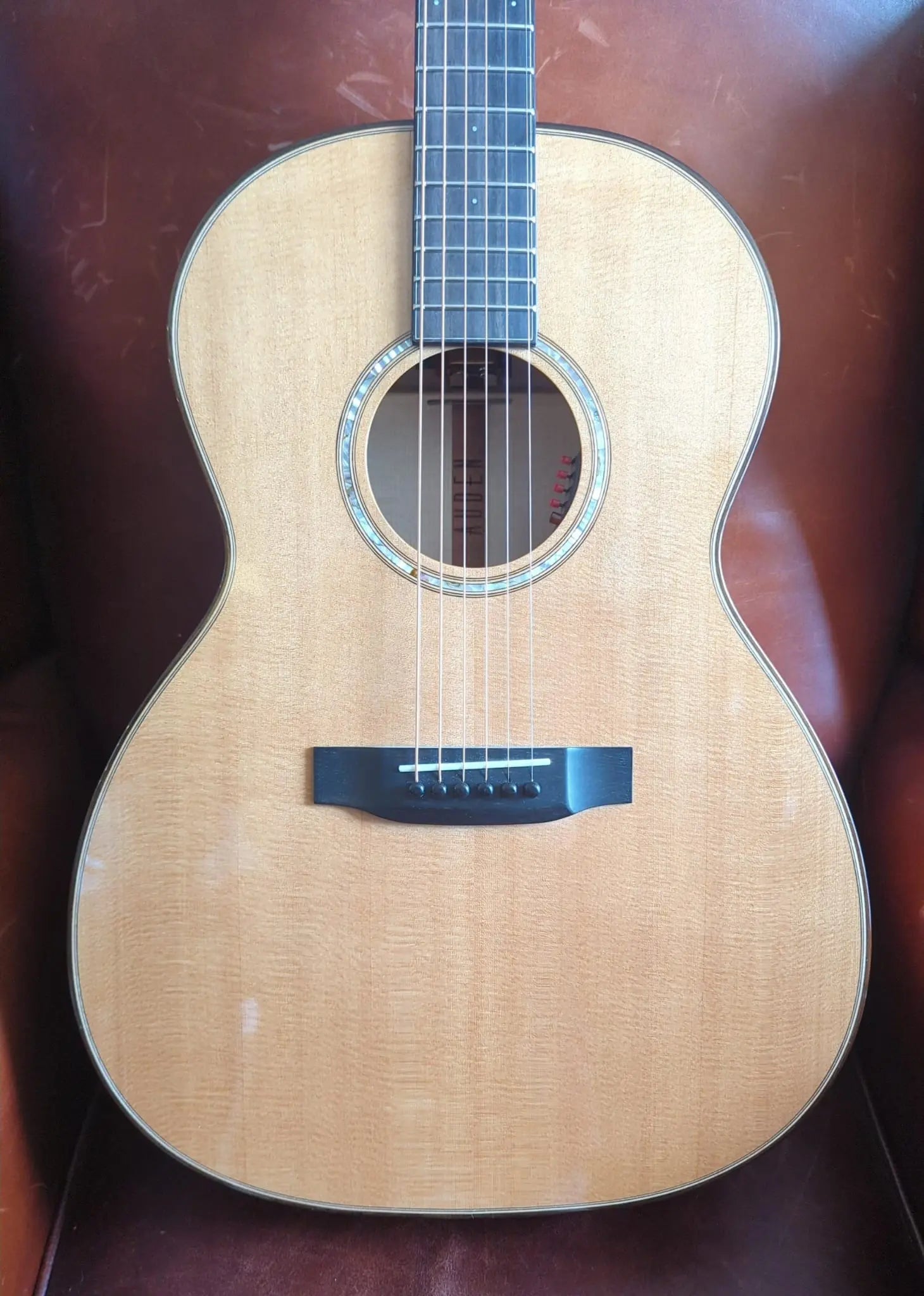
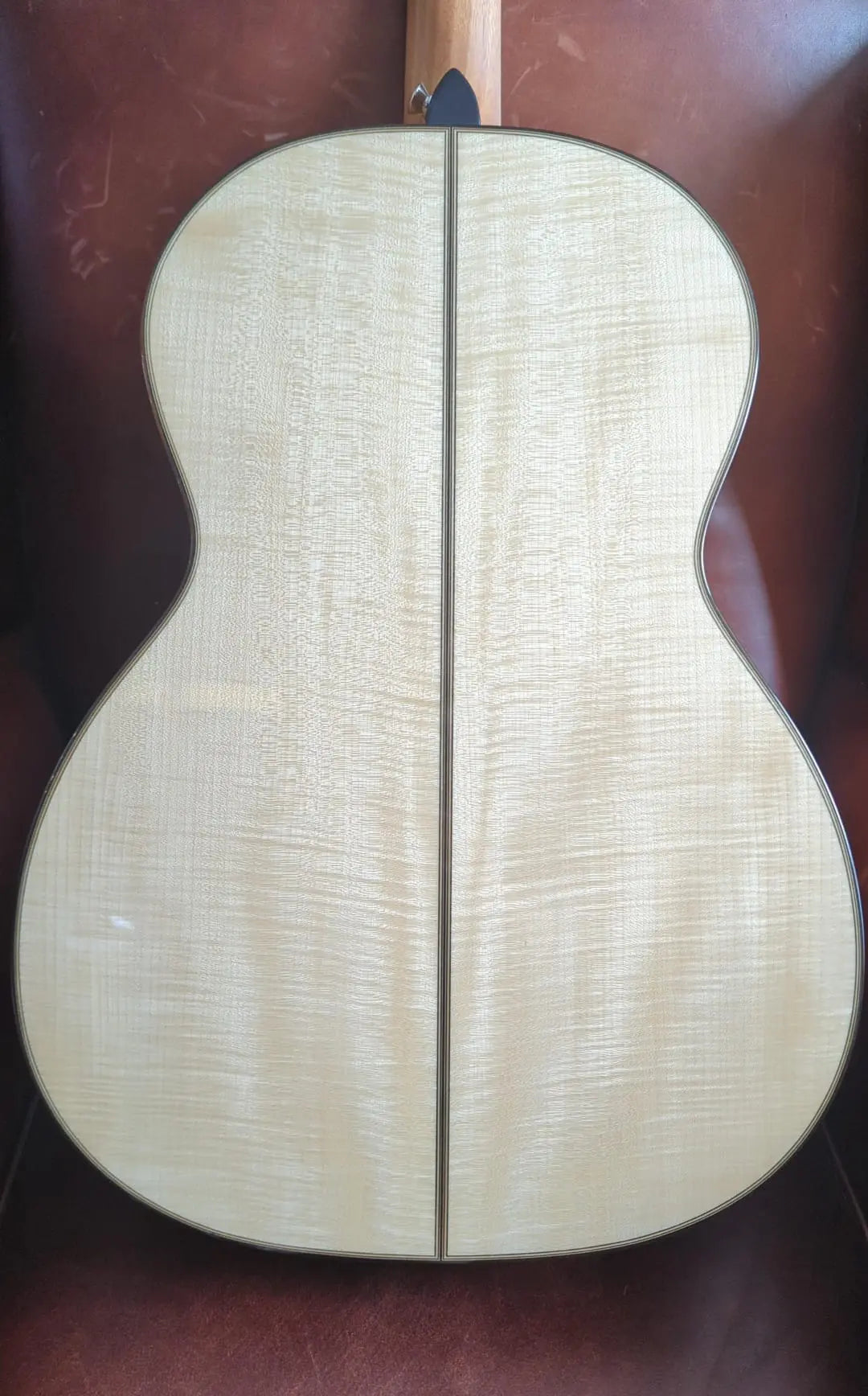
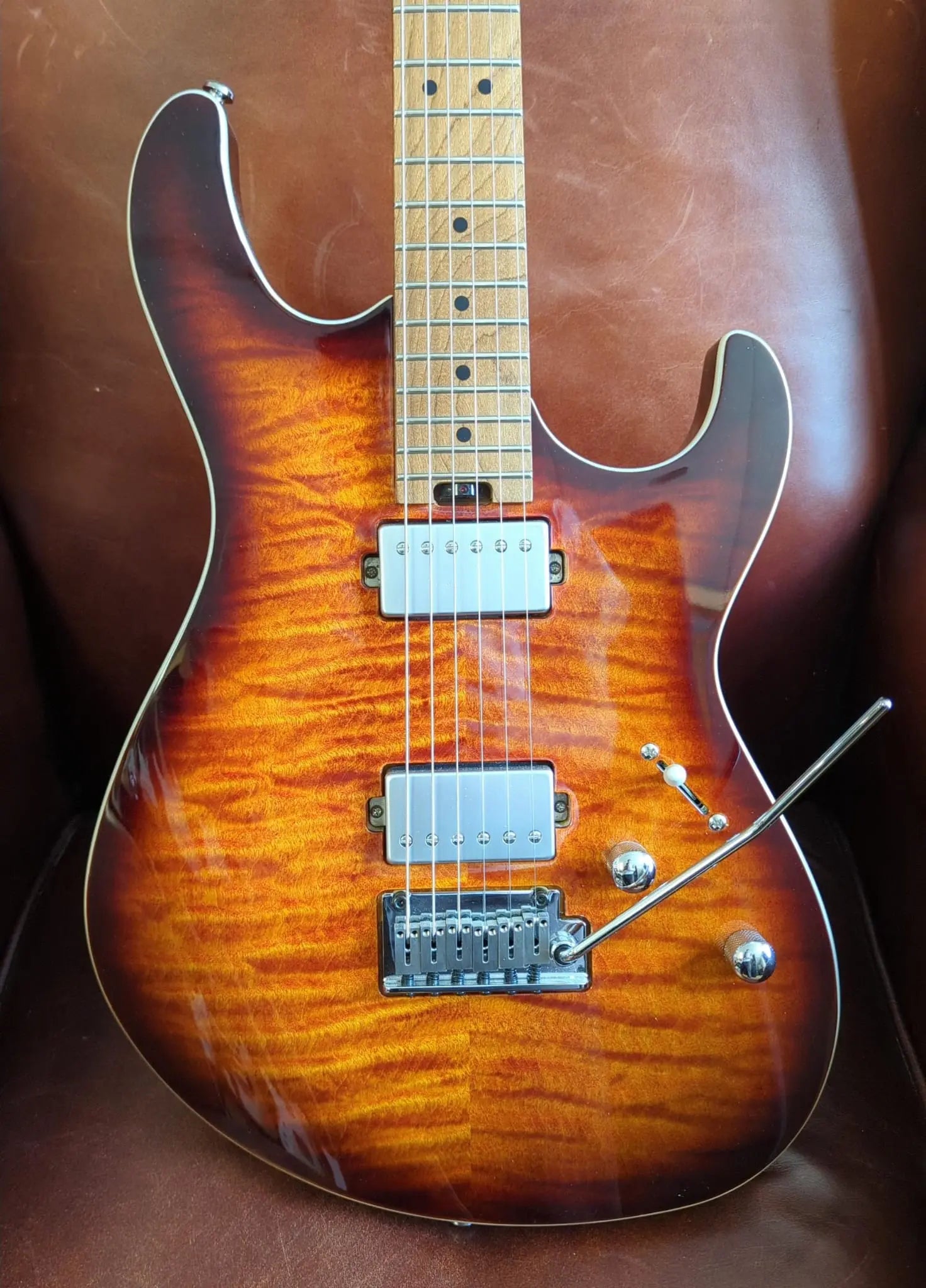

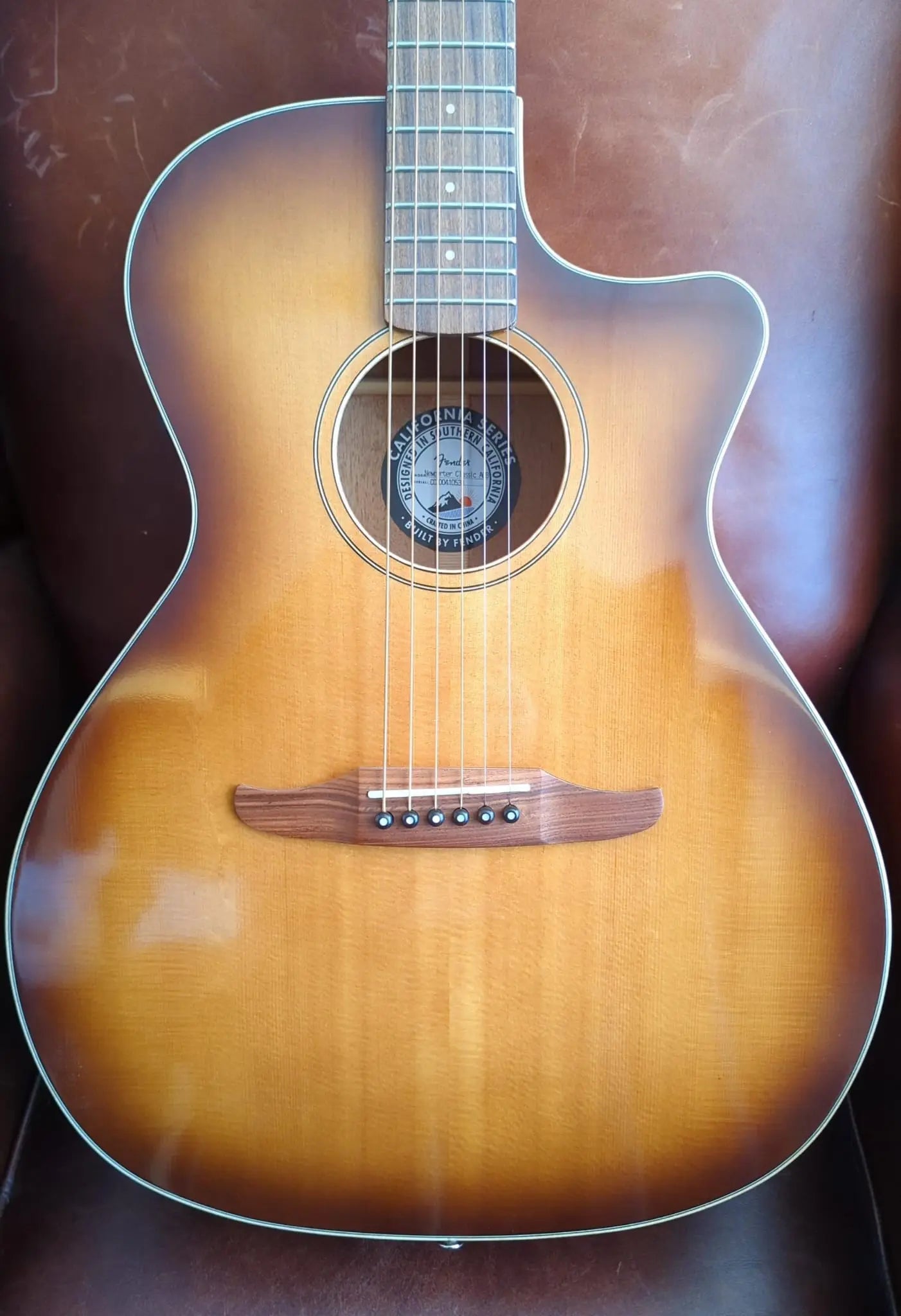
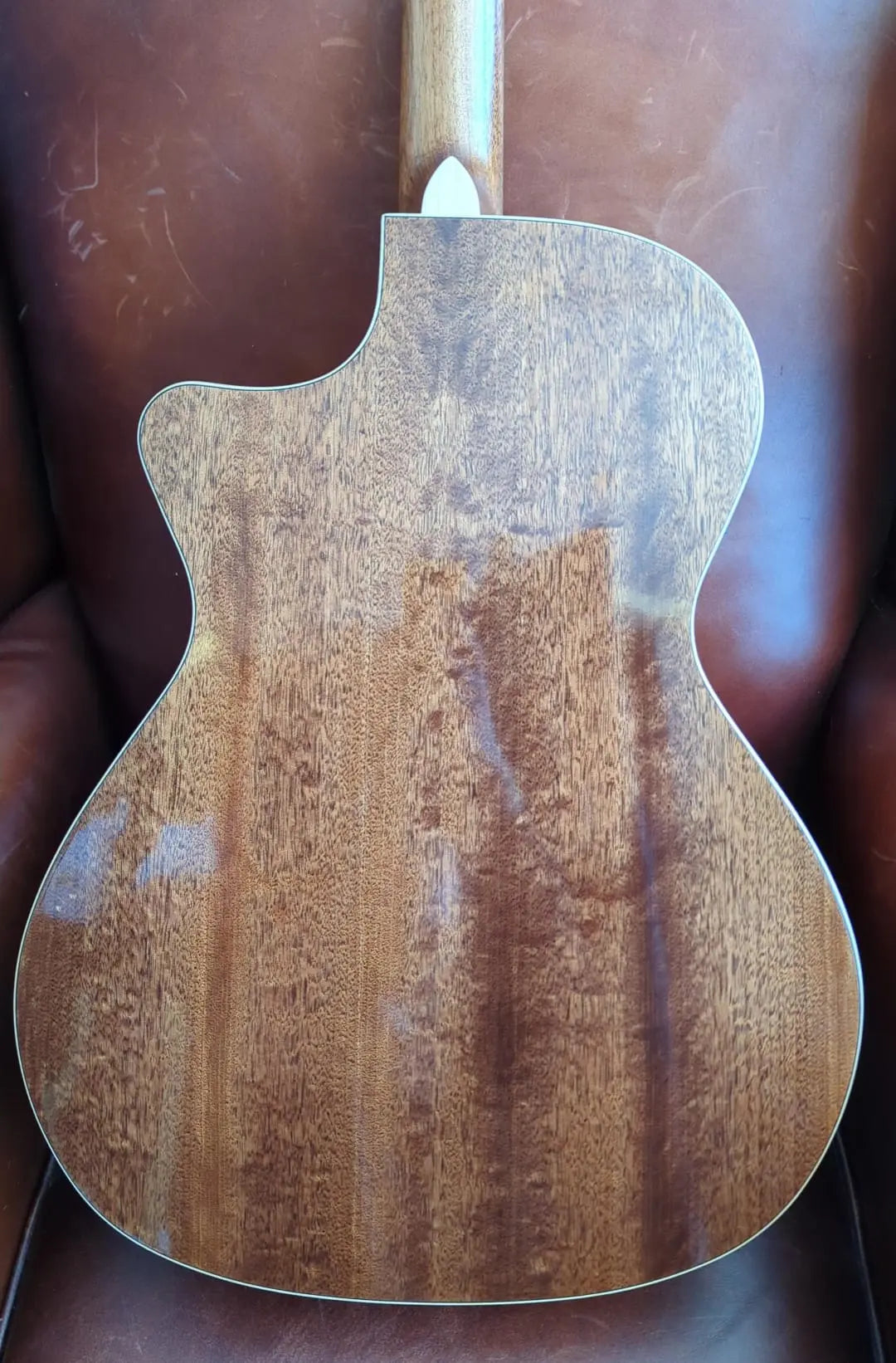


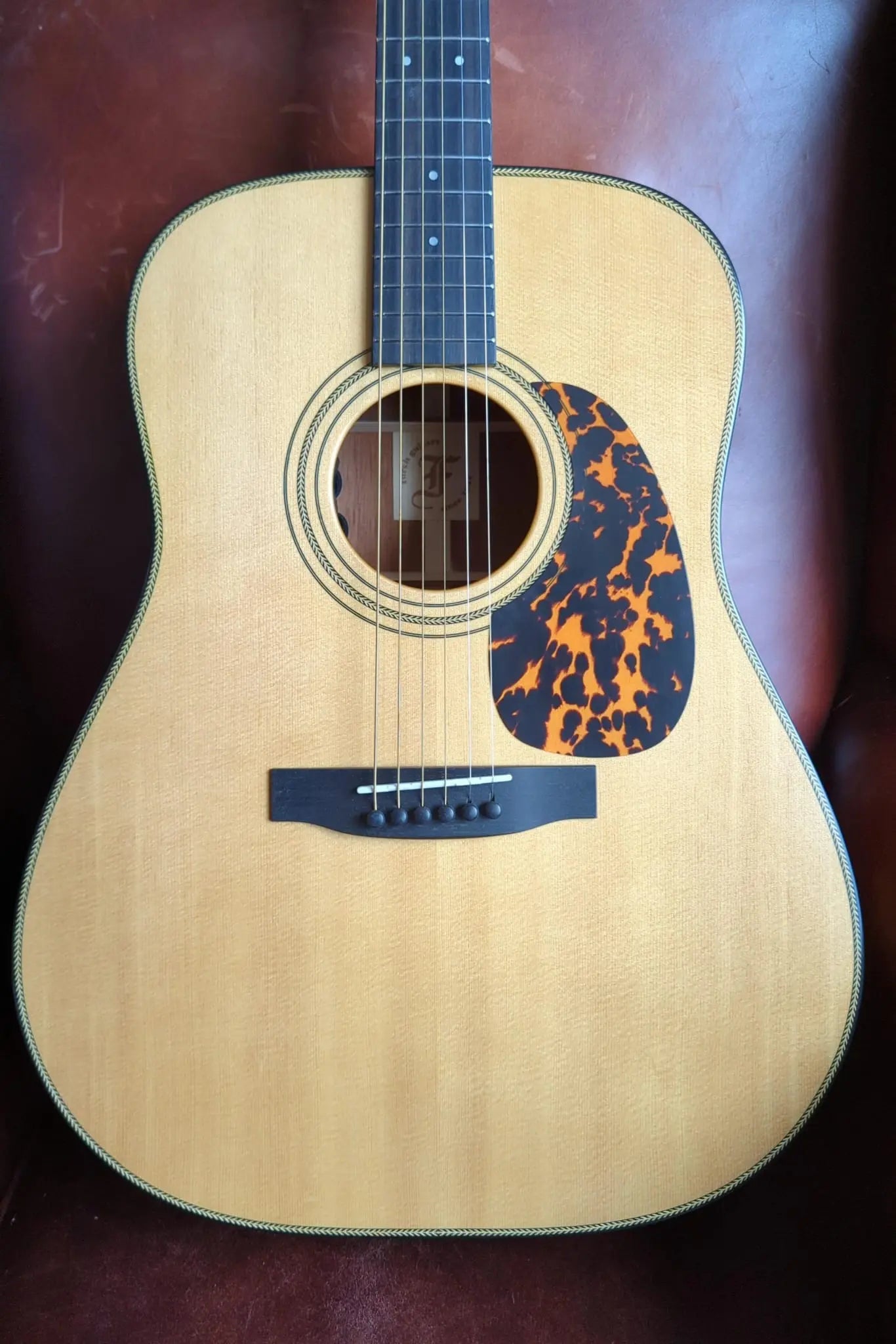
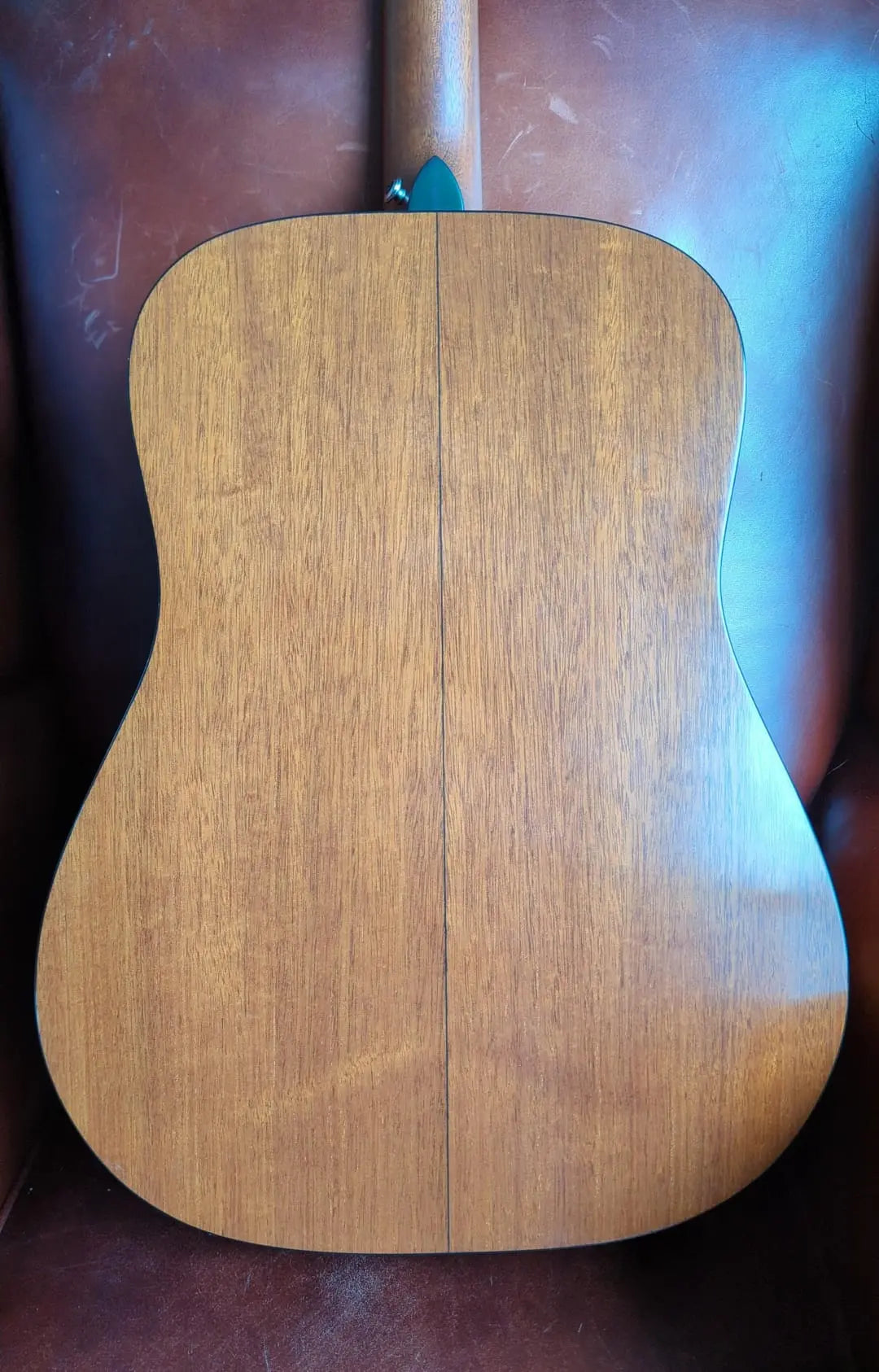

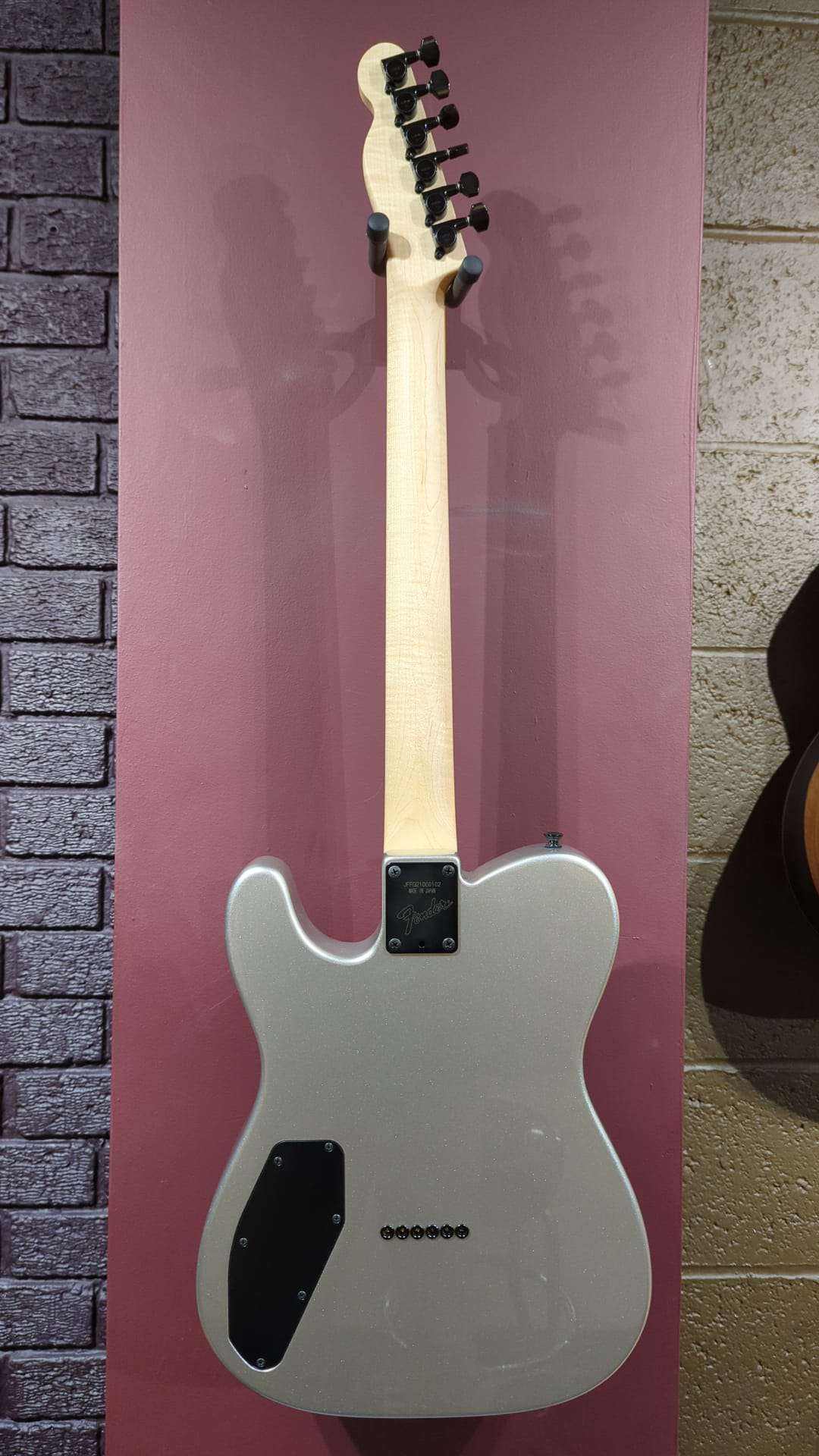
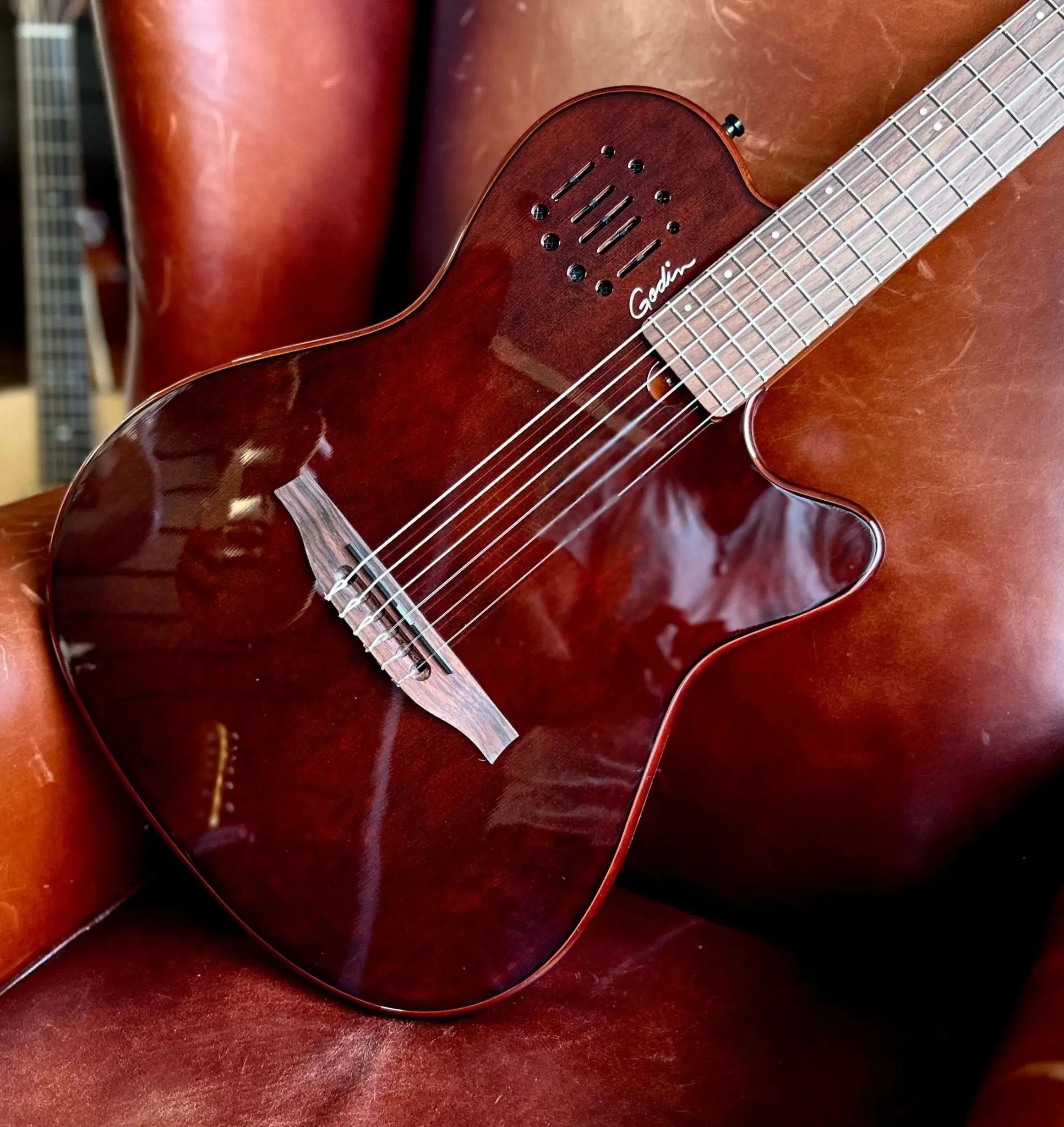
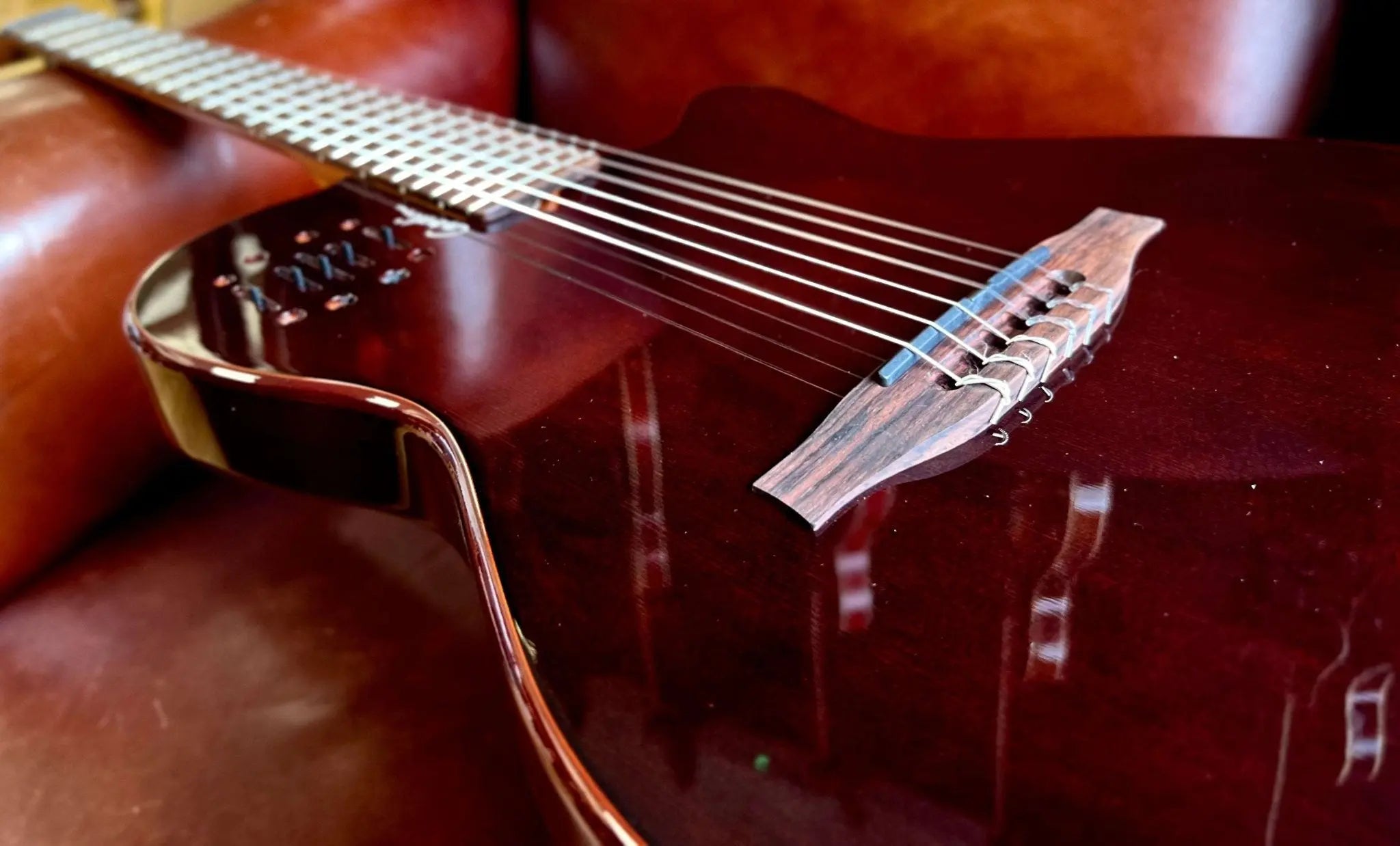
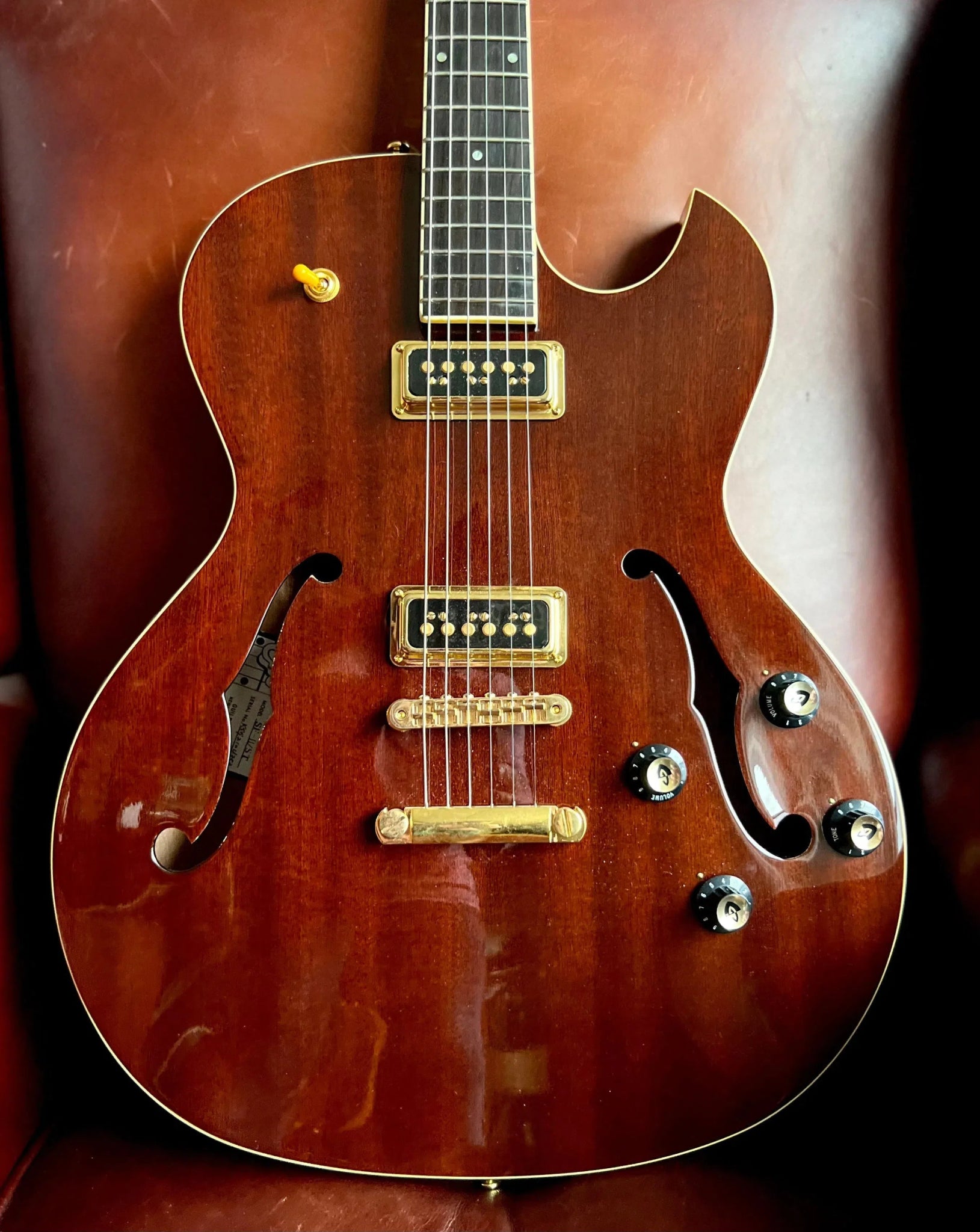
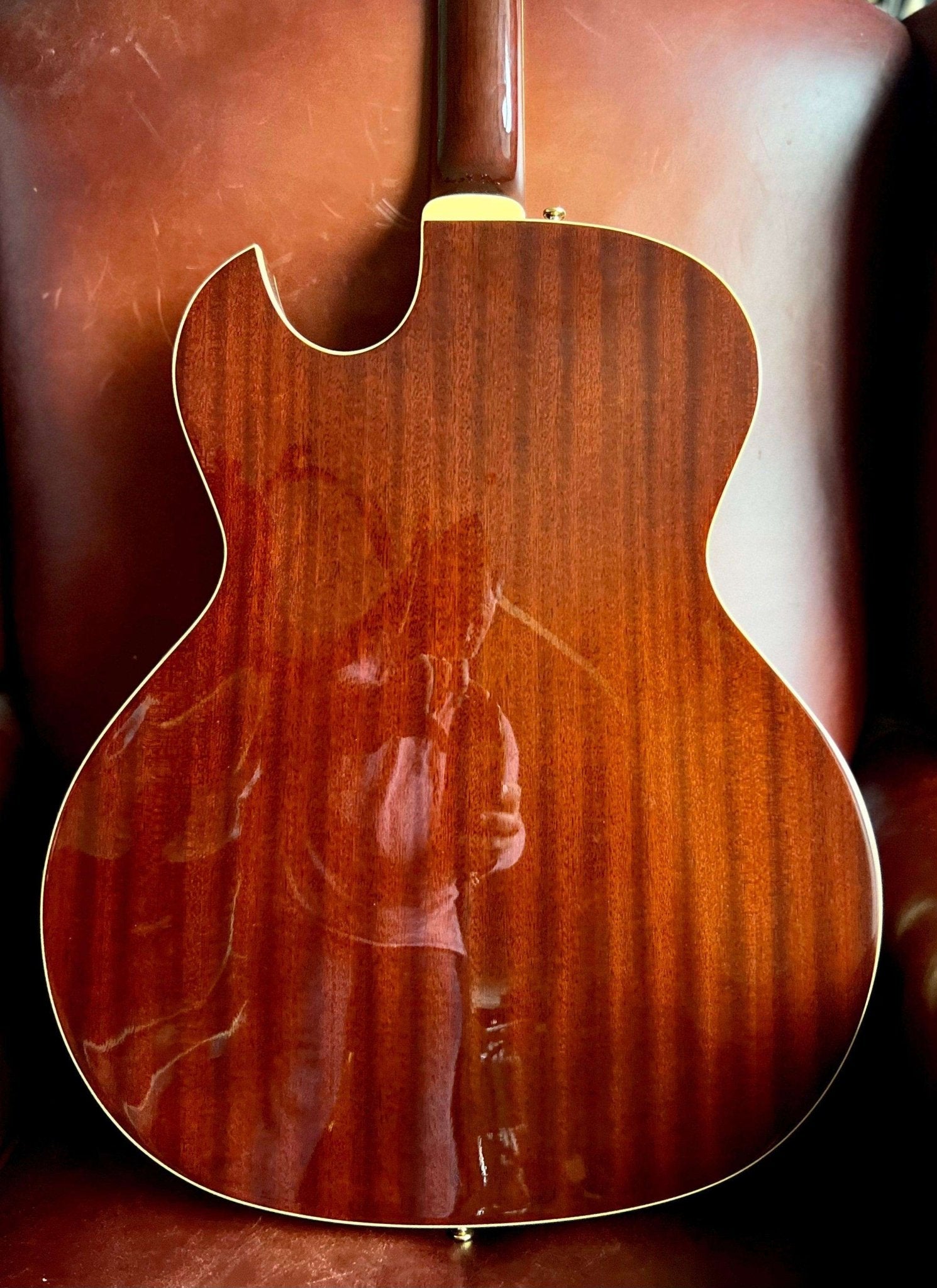



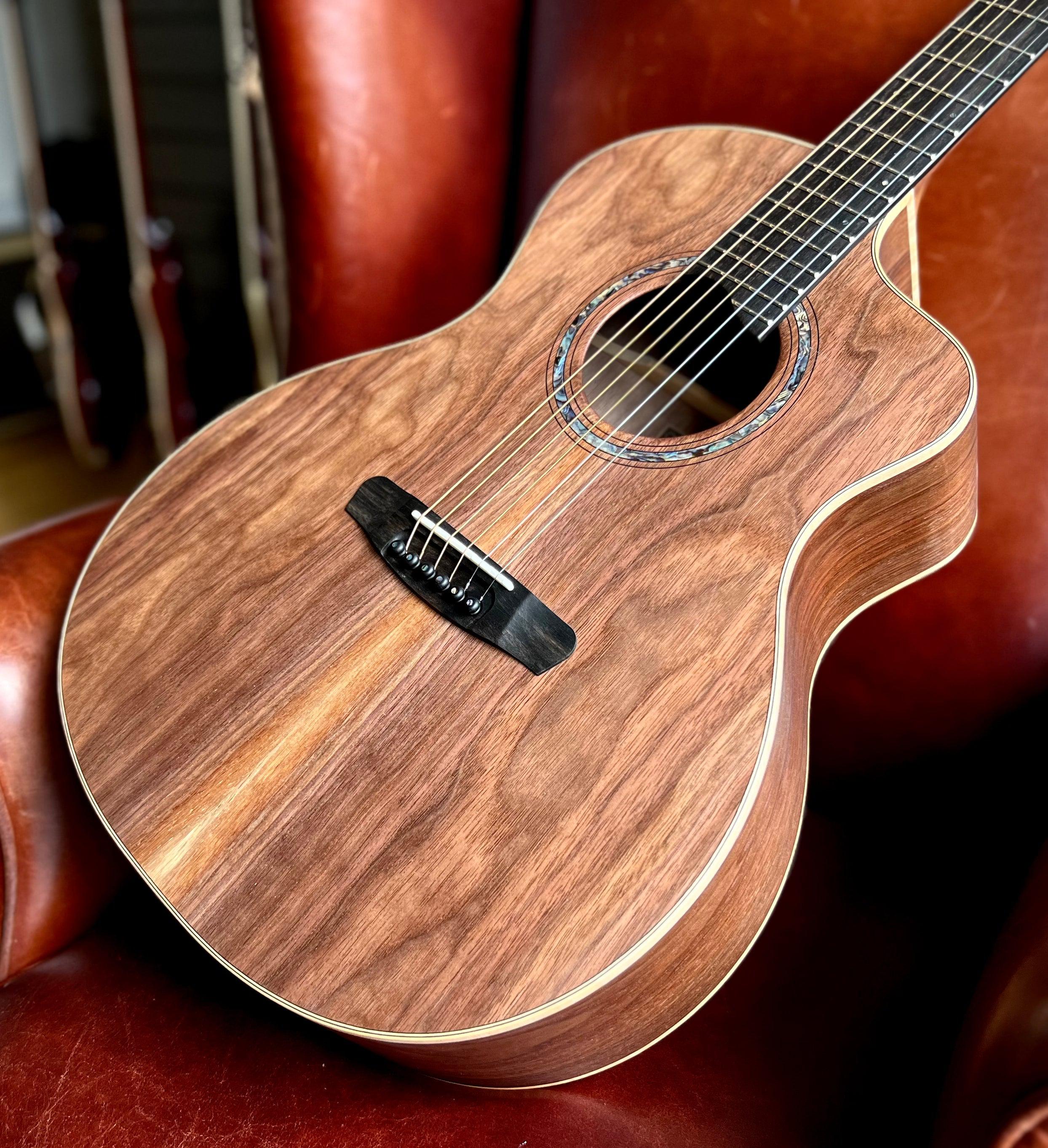
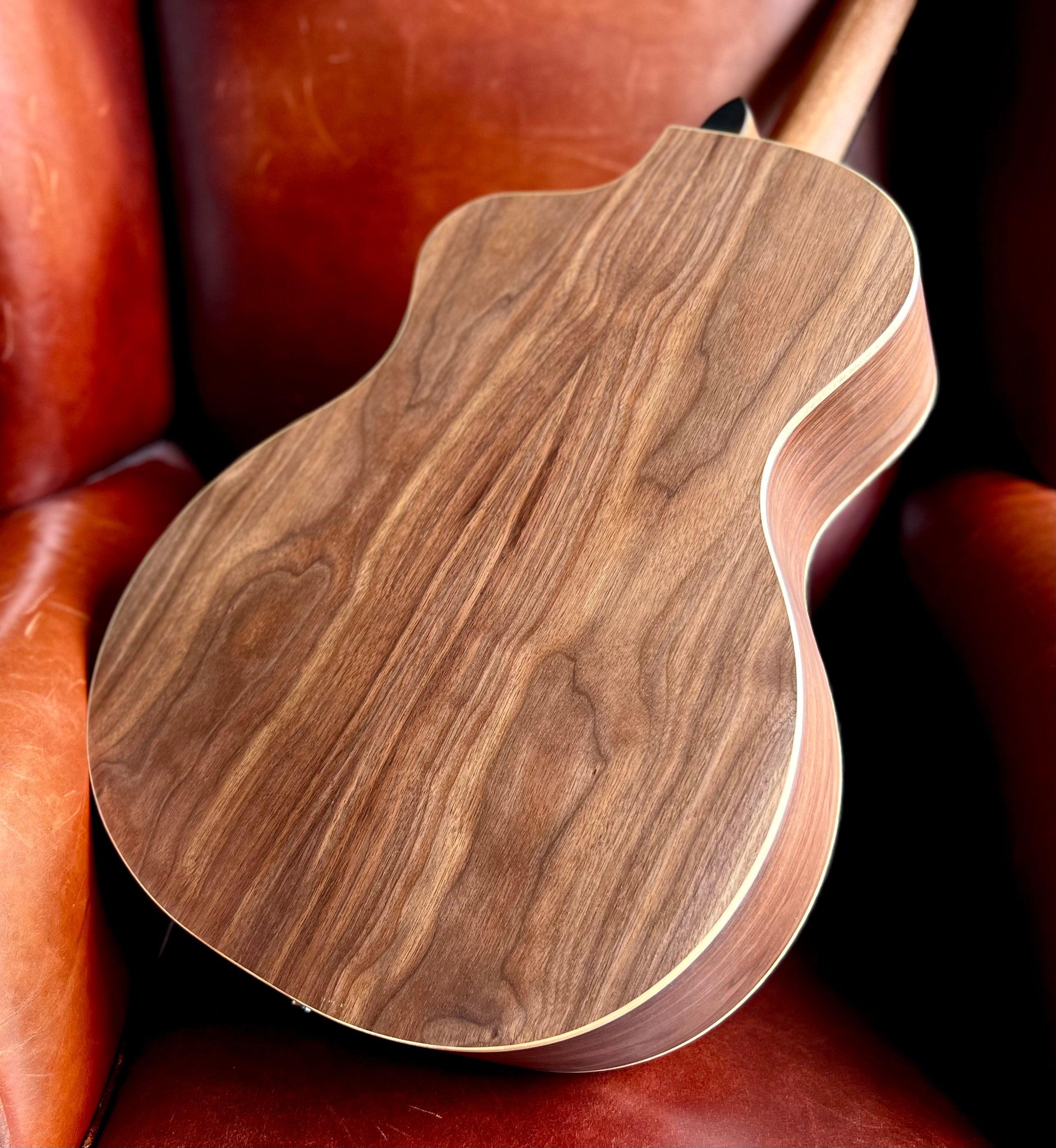


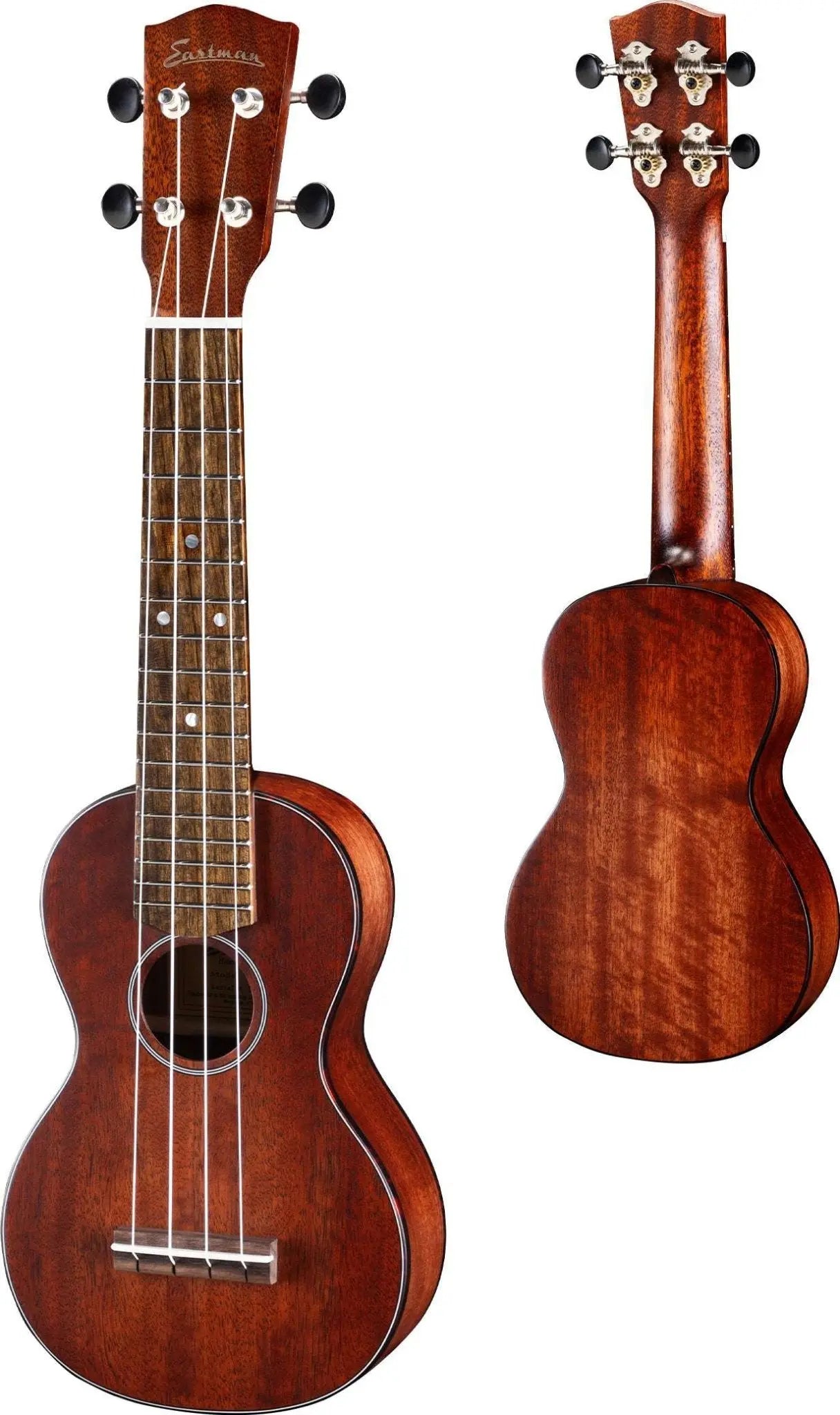

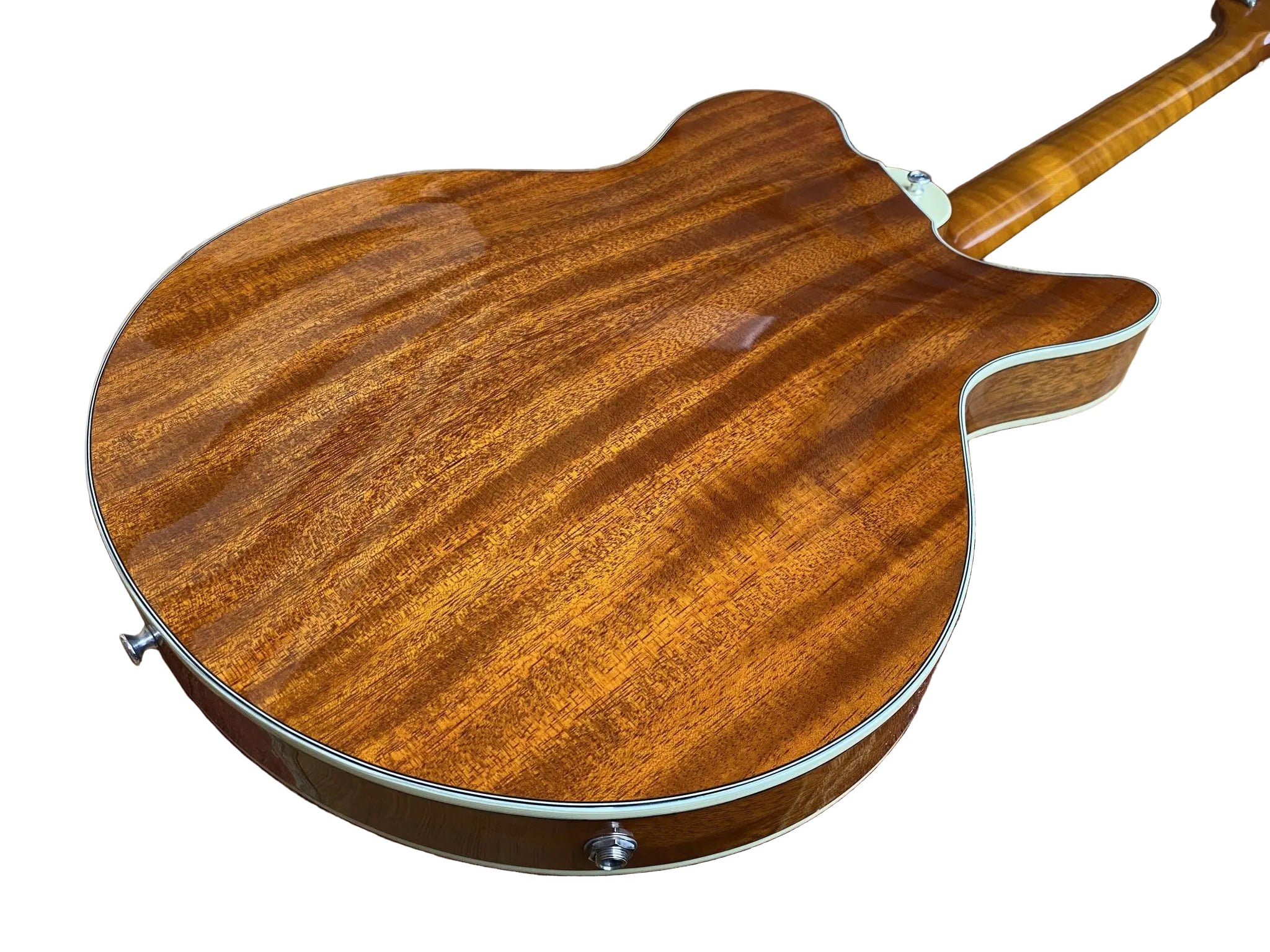



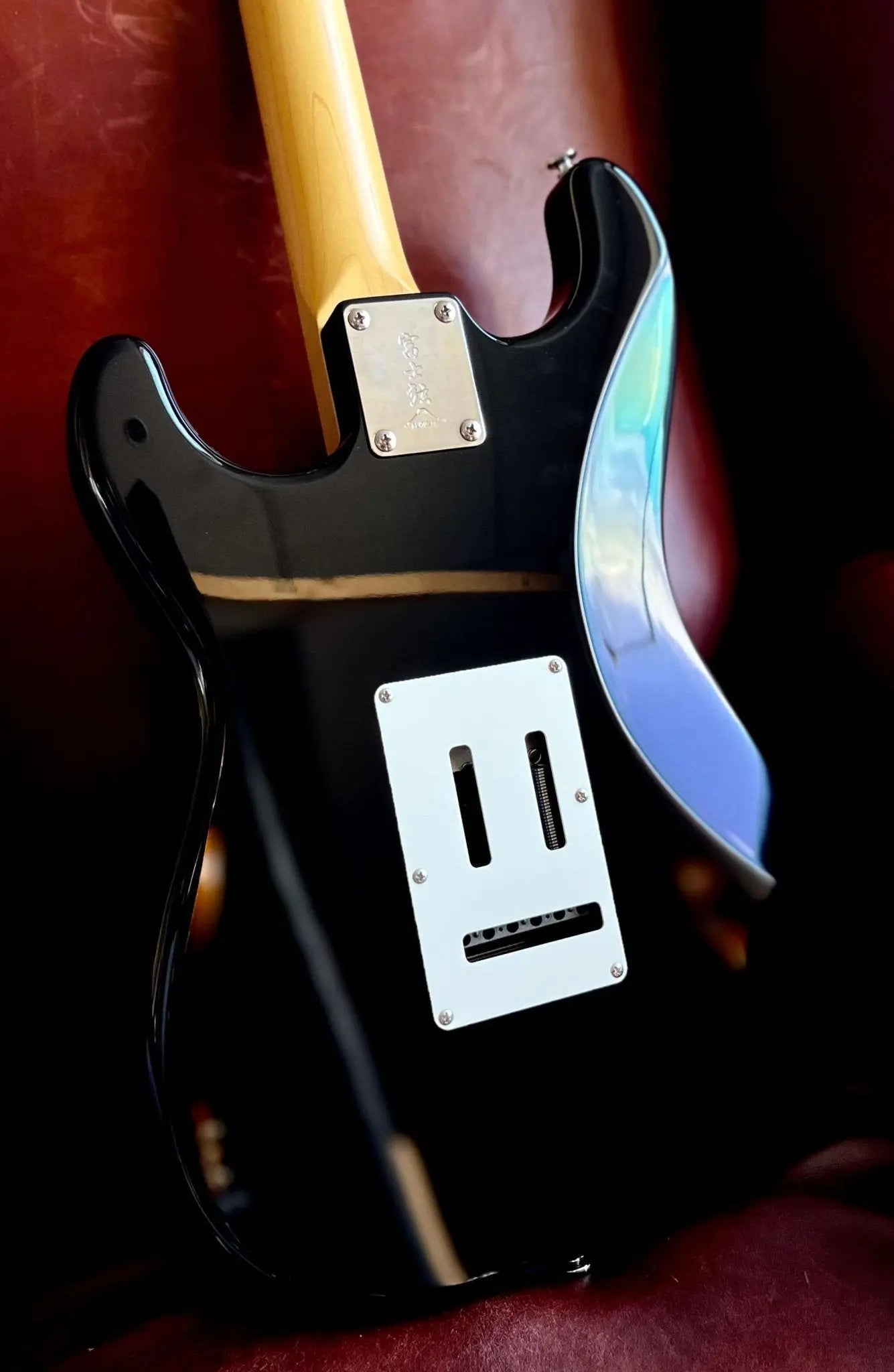











Leave a comment
This site is protected by hCaptcha and the hCaptcha Privacy Policy and Terms of Service apply.